Search

Ethnic Studies Collection
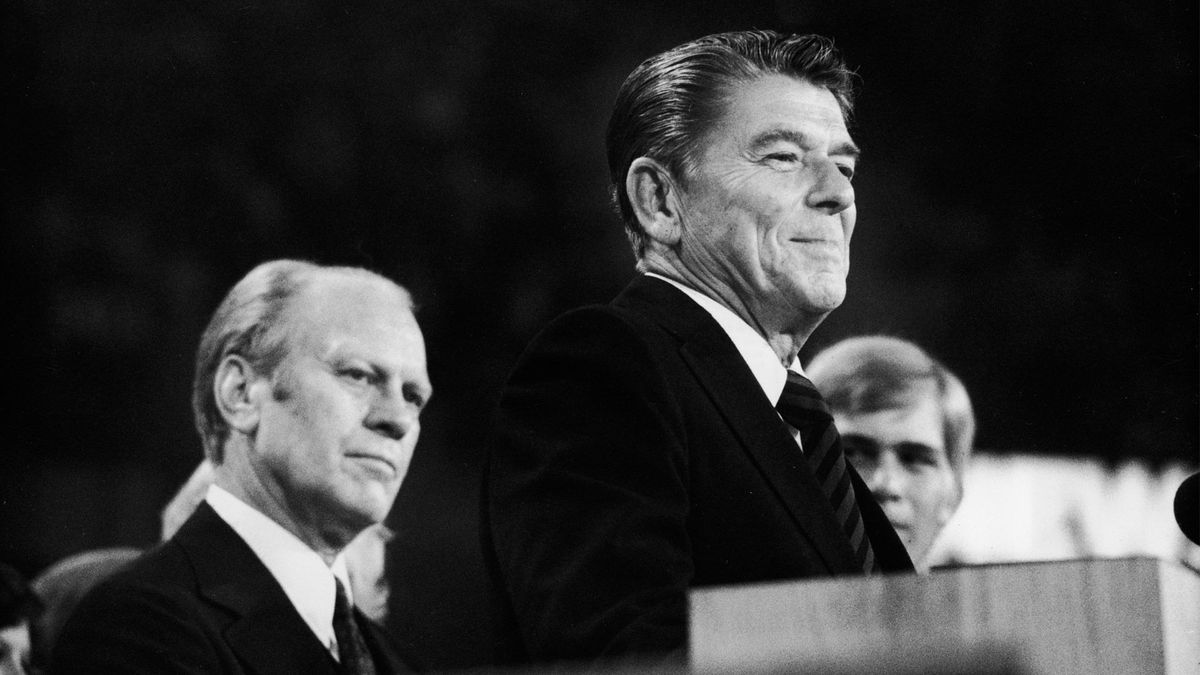
Lessons from the 1976 Republican Convention: Why Ronald Reagan Lost the Nomination
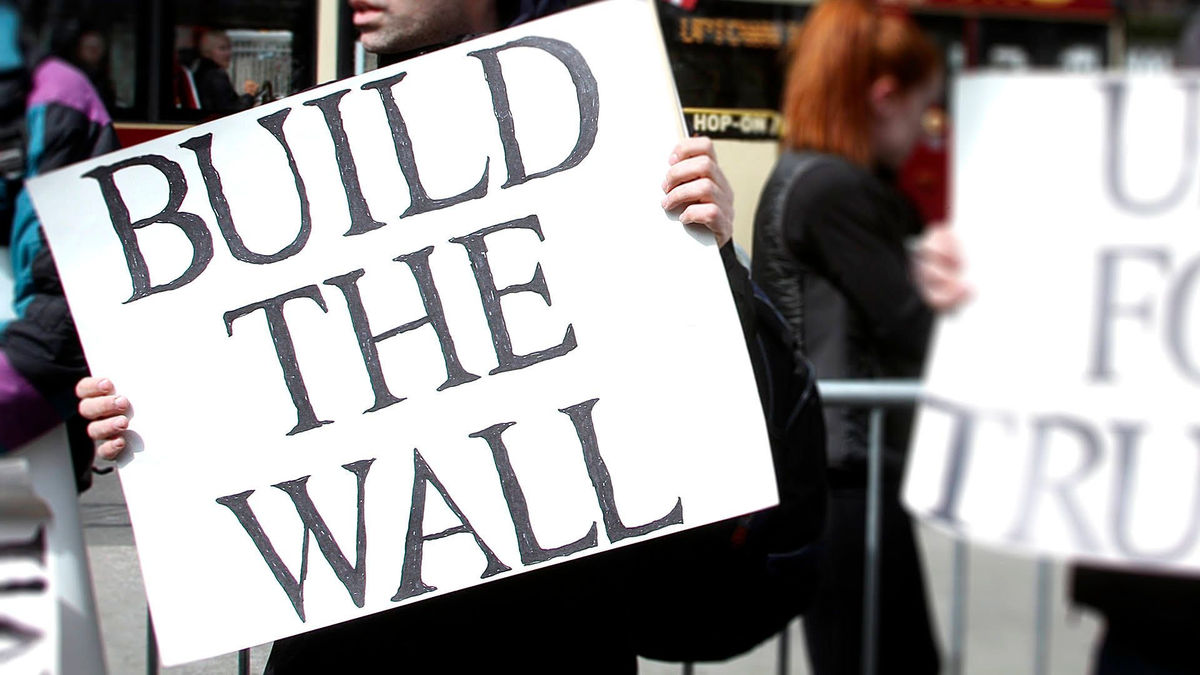
Lessons from the 1924 Democratic Convention: An Immigration Debate’s Impact

Lessons From the 1964 Republican Convention: Declaring War on the Establishment
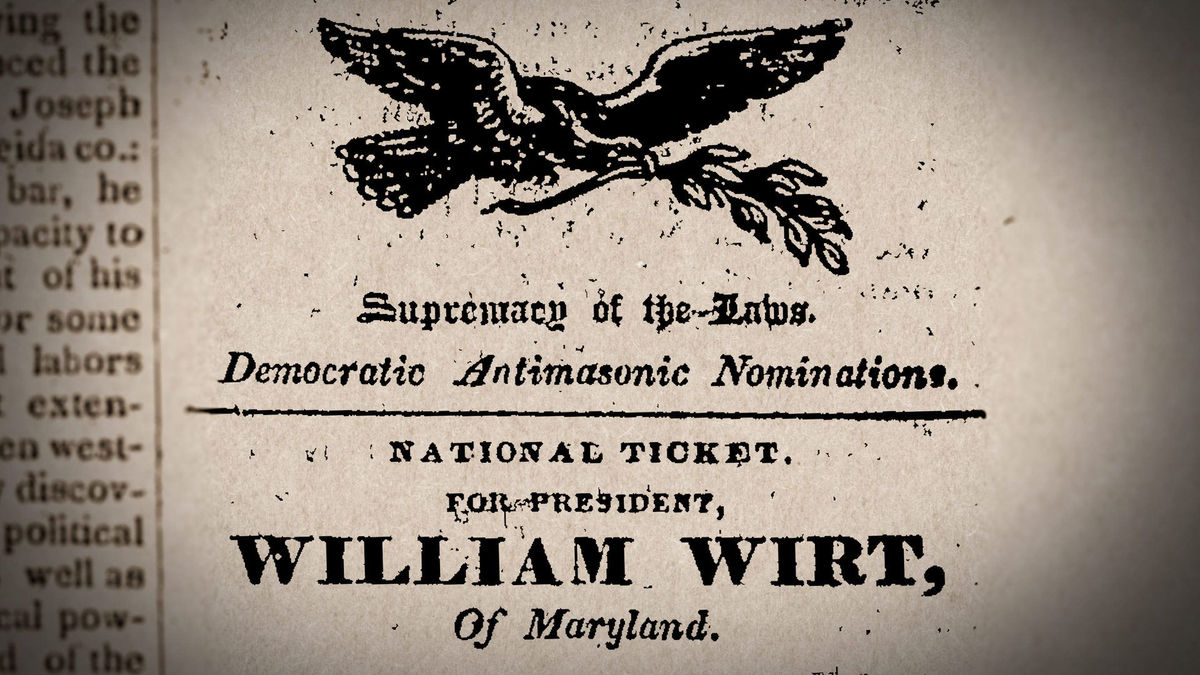
The Birth of the U.S. Political Convention in 1831

Beyond the Battlefield: Double V and Black Americans’ Fight for Equality

Women’s History Collection

Ida B. Wells and the Long Crusade to Outlaw Lynching

The 1969 Occupation of Alcatraz Was a Catalyst for Indigenous Activism

Black History Collection

Who Gets to Regulate #*%& Free Speech in Popular Culture?
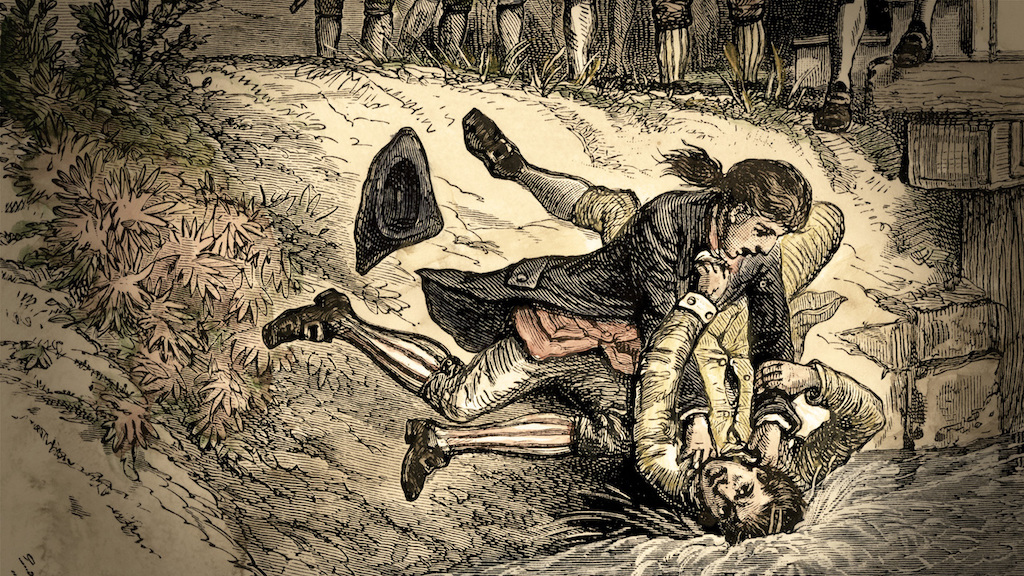
Fights Over American Democracy Reach Back to the Founding Era

The Perfect Pair: Reading and Retro Report

‘Another Player Down’: How Concern About Injuries Is Changing Sports

Global Cold War Collection

U.S. Supreme Court Collection

Environmental Education Collection

AP African American Studies Collection

When Art Fuels Anger, Who Should Prevail?

As SCOTUS Examines School Prayer, Families Behind a Landmark Ruling Speak Out

AP Psychology Collection

AP U.S. Government & Politics Collection

AP Human Geography Collection

AP Environmental Science Collection

AP United States History Collection

Retro Report’s AP Education Collections

Political Parties & Conventions Collection

Political Ads That Shaped the Battle for the White House

How Saba Kept Singing Education Collection
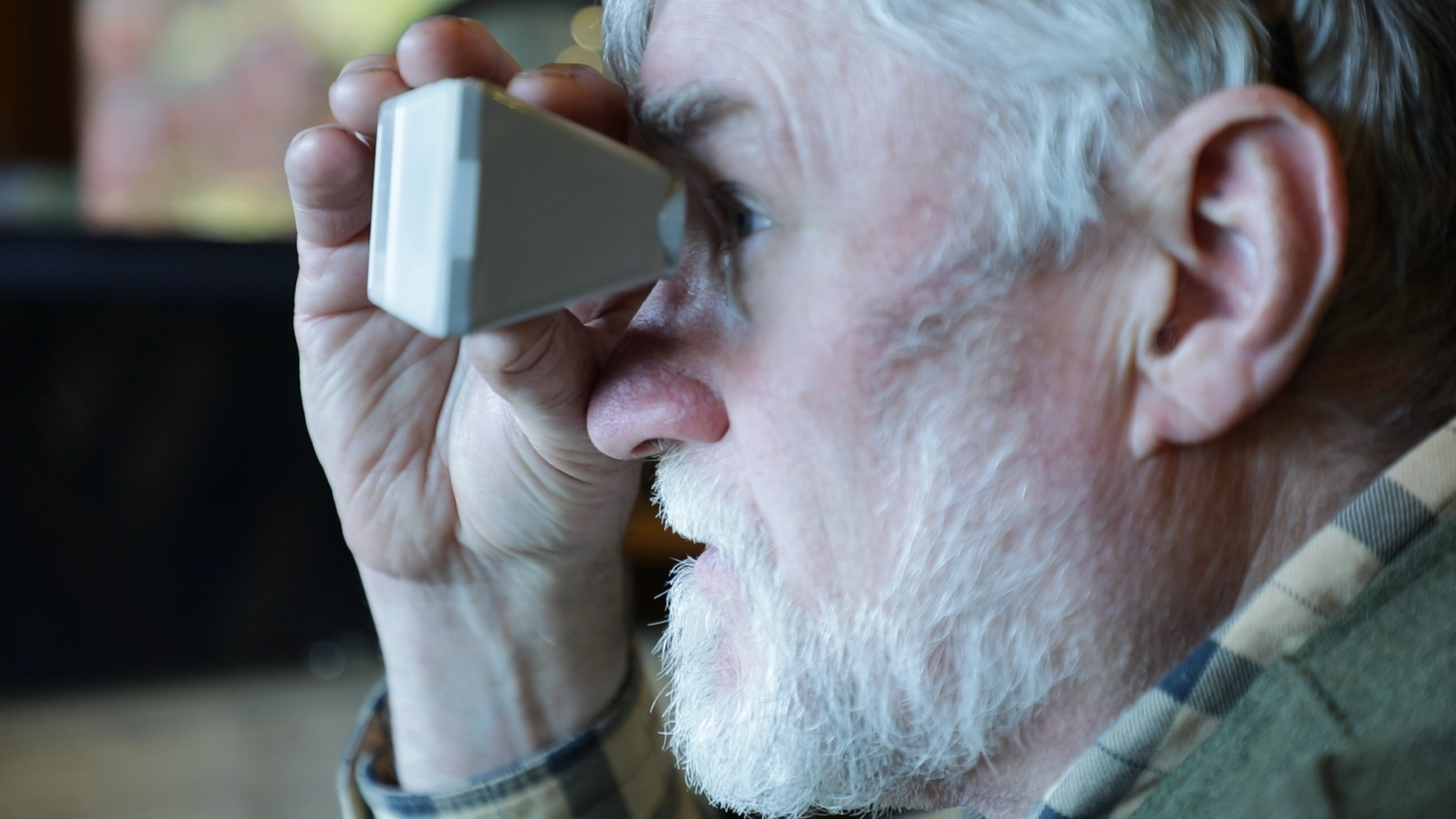
The Case of the Missing Park Posters: An Ex-Ranger Hunts for New Deal-Era Art

The Secret C.I.A. Operation That Haunts U.S.-Iran Relations
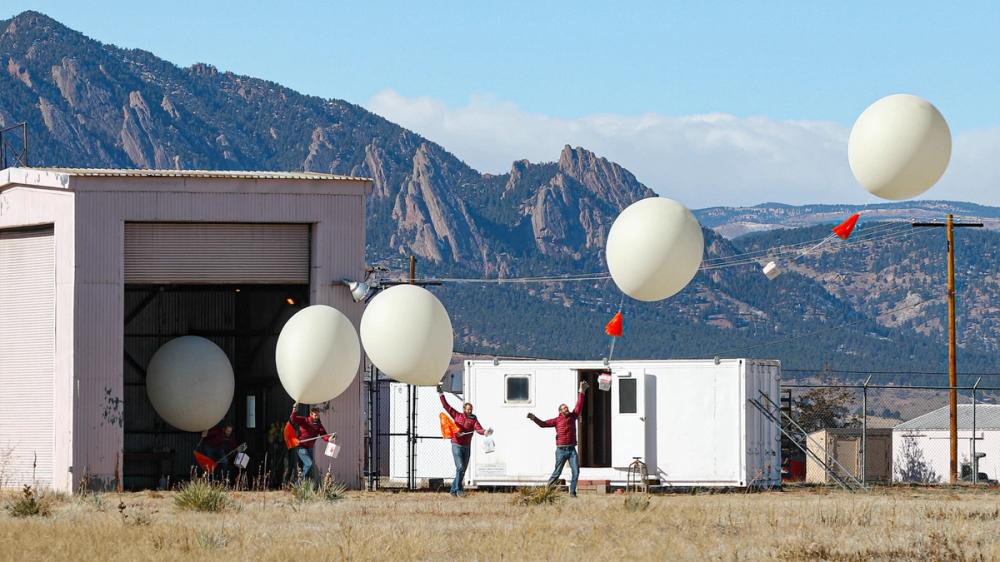
Healing the Ozone: First Steps Toward Success

Beekeepers and Scientists Join Forces to Protect the Pollinators

‘Enemies of the People: Trump and the Political Press’ Education Collection

Generations Stolen Education Collection

Why the Supreme Court Endorsed, Then Limited Affirmative Action

In the Long Fight to Protect Native American Families, a Law Stands Guard

Generations Stolen

Why Are Schools Still Segregated? The Broken Promise of Brown v. Board of Education

How a 1968 Student Protest Fueled a Chicano Rights Movement

Transgender Rights, Won Over Decades, Face New Restrictions

Forced Into Federal Boarding Schools as Children, Native Americans Confront the Past

The Crime That Fueled an Asian American Civil Rights Movement

Fighting Drought With an Ancient Practice: Harvesting the Rain

How Saba Kept Singing

Labor Union Activism Is on the Rise, Recalling the Great Depression

Putin’s Nuclear Threats Evoke Cold War Tensions of the Cuban Missile Crisis

Facing Eviction Education Collection

Amazon Rainforest Defenders Confront Violence, Encroachment and Politics

Nuclear Meltdowns Raised Fears, but Growing Energy Needs May Outweigh Them

Unprepared: Lessons From Two Massive Oil Spills

Can You Spot Misinformation?

Where’s That Photo From? Identify the Source.

Whites-Only Suburbs: How the New Deal Shut Out Black Homebuyers

Extremism in America (full film)

How a 1944 Supreme Court Ruling on Internment Camps Led to a Reckoning

A New Housing Program to Fight Poverty Has an Unexpected History

Midterm Elections: 1966 Midterms Signal a Realignment, Shaping Today’s Parties

Holocaust Survivors Fleeing Ukraine Find a New Home in Germany

Midterm Elections: How 1994 Midterms Set Off an Era of Divisive Politics

Facing Eviction

Hitting Home

How Watergate and Citizens United Shaped Campaign Finance Law

Covid Deaths Left Orphans. The Stress of That Loss May Carry Lifelong Risks.

The Weight of Stigma: Heavier Patients Confront a Bias
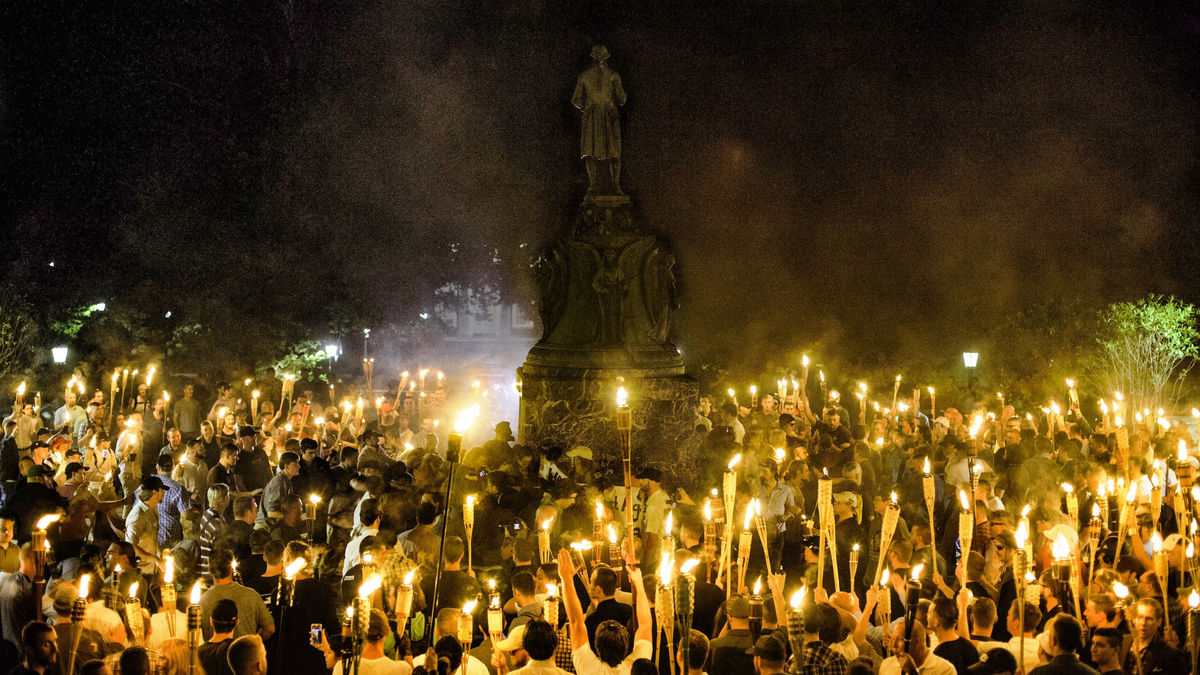
Extremism in America: Out of the Shadows

Extremism in America: A Surge in Violence

Extremism in America: Missed Warnings

Extremism in America: The Oklahoma City Bombing

Extremism in America Collection

Extremism in America: Emergence of The Order

How the U.S. Has Treated Wartime Refugees

Why Supreme Court Confirmations Have Become So Bitter

Dictators and Civil Wars: The Cold War in Latin America

American Reckoning

American Reckoning Collection

Presidents v. Press: How the Pentagon Papers Leak Set Up First Amendment Showdowns
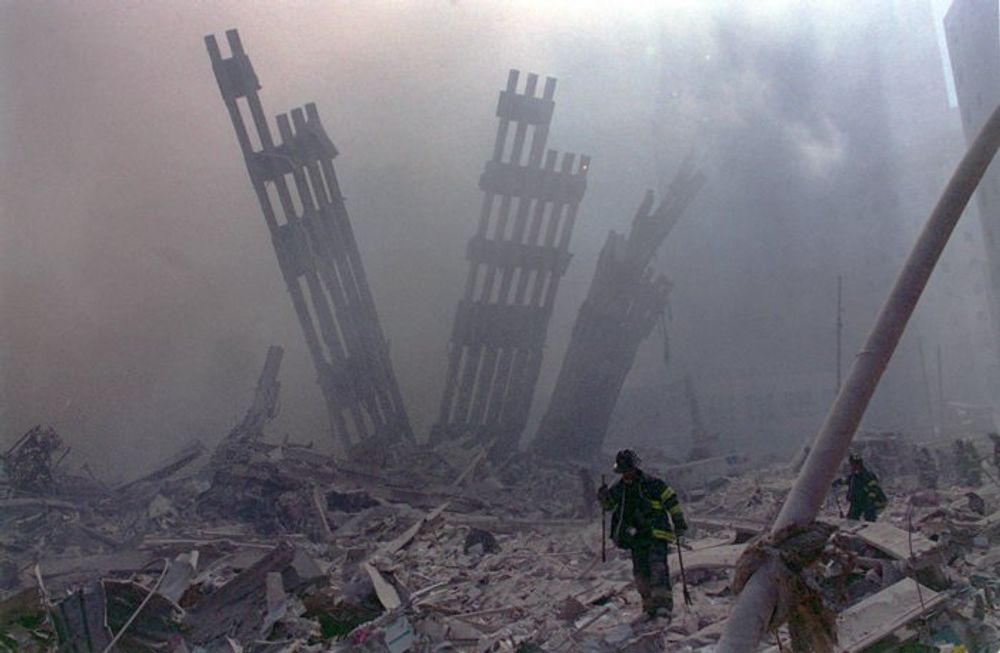
Interactive Timeline: The Public Debate Over Torture

Teaching About Redistricting & Gerrymandering

Midterm Elections Collection

Teaching About Immigration and Migration
Interactive Map: Understanding the Cold War in Latin America

Cold War in Latin America
Important Legal Terms in Affirmative Action

Use the Internet to Check the Internet

Retro Report + Pear Deck

In El Salvador, a Journalist Faces New Limits. ‘We Want to Continue Shedding Light.’

How Prop. 187 Transformed the Immigration Debate and California Politics

What’s in a Number? Some Research Shows That a Lower B.M.I. Isn’t Always Better.

As Massacre Survivors Seek Justice, El Salvador Grapples With 1,000 Ghosts

Gerrymandering Tilts Political Power. Here’s How Redistricting Affects Democracy.

Black Swimmers Overcome Racism and Fear, Reclaiming a Tradition

9/11 Heroes: Surviving the Biggest Attack on U.S. Soil
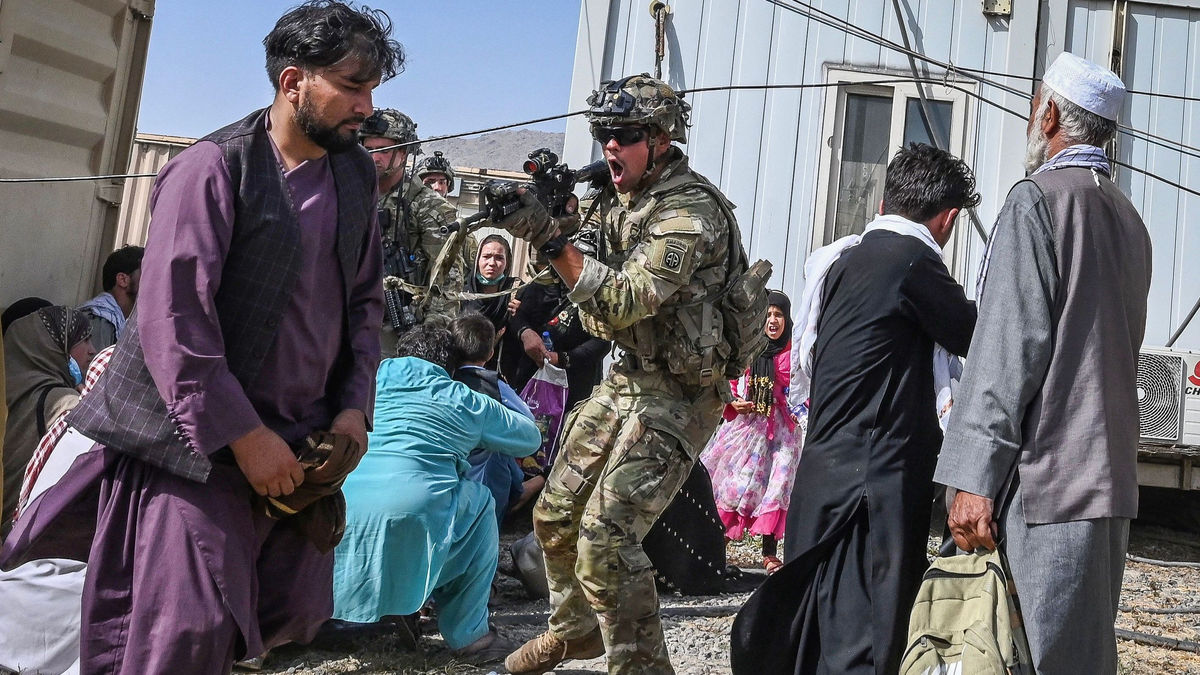
How the Military Response to 9/11 Led to Two Decades of War in Afghanistan
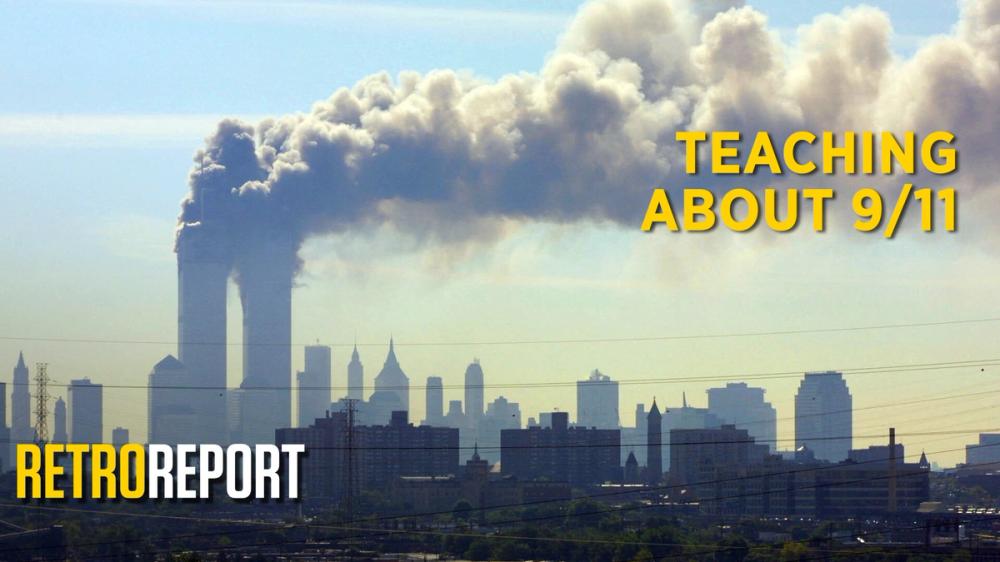
Teaching About 9/11

Special Education: The 50-Year Fight for the Right to Learn
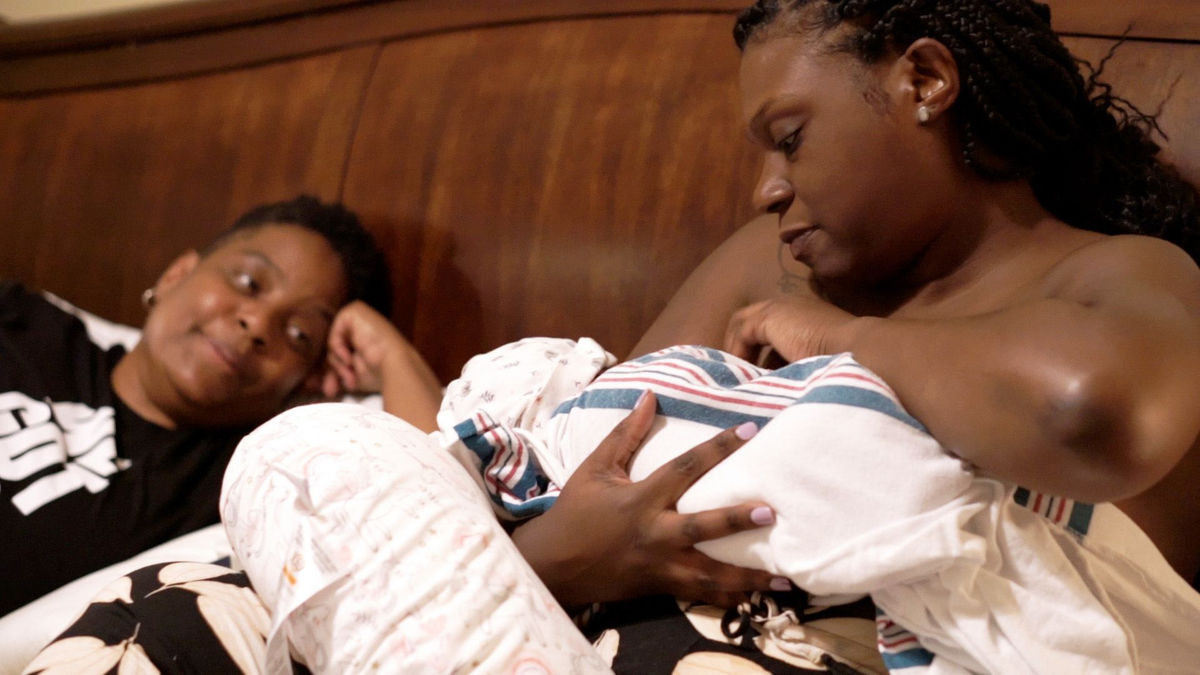
Bringing Midwifery Back to Black Mothers

Why the Cold War Race for Nuclear Weapons Is Still a Threat

Covid-19 Changed the Way We Watch Movies. The 1918 Pandemic Set the Stage.
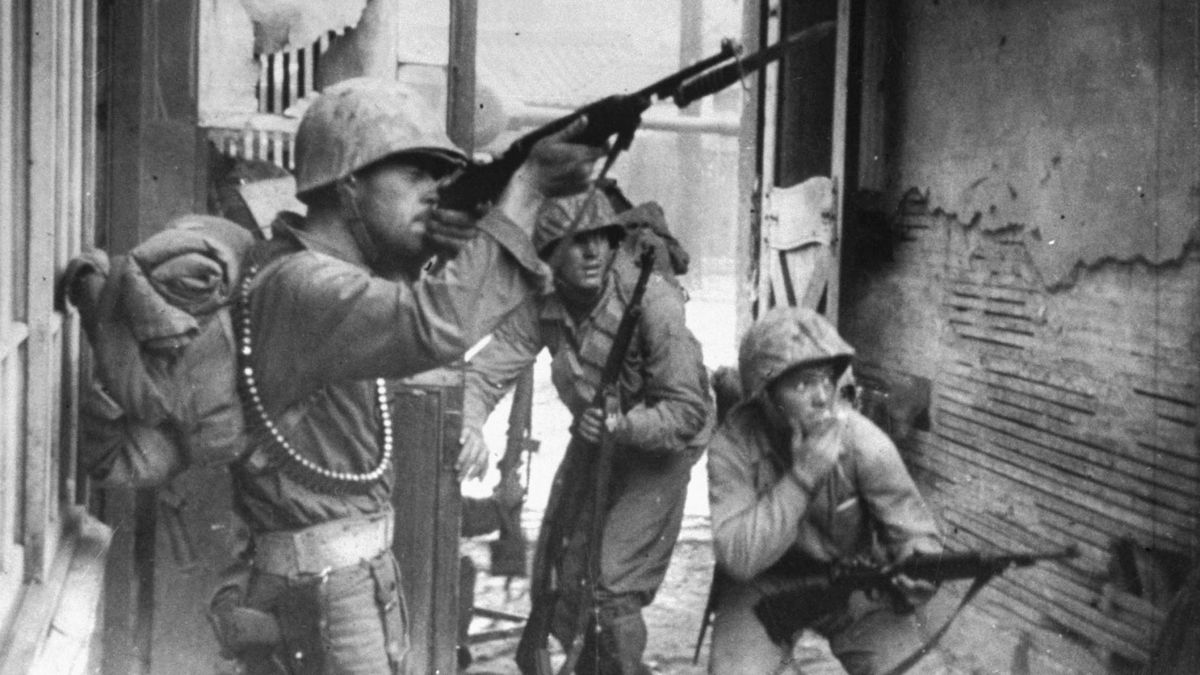
How the Korean War Changed the Way the U.S. Goes to Battle

The Cold War

The Cold War on TV: Joseph McCarthy vs. Edward R. Murrow

How the Cold War Arms Race Fueled a Sprint to the Moon

Shamed by Sex, Survivors of the Purity Movement Confront the Past

How a Cold War Airlift Saved Berlin With Food, Medicine and Chocolate

Racial Health Disparities Didn’t Start With Covid: The Overlooked History of Polio
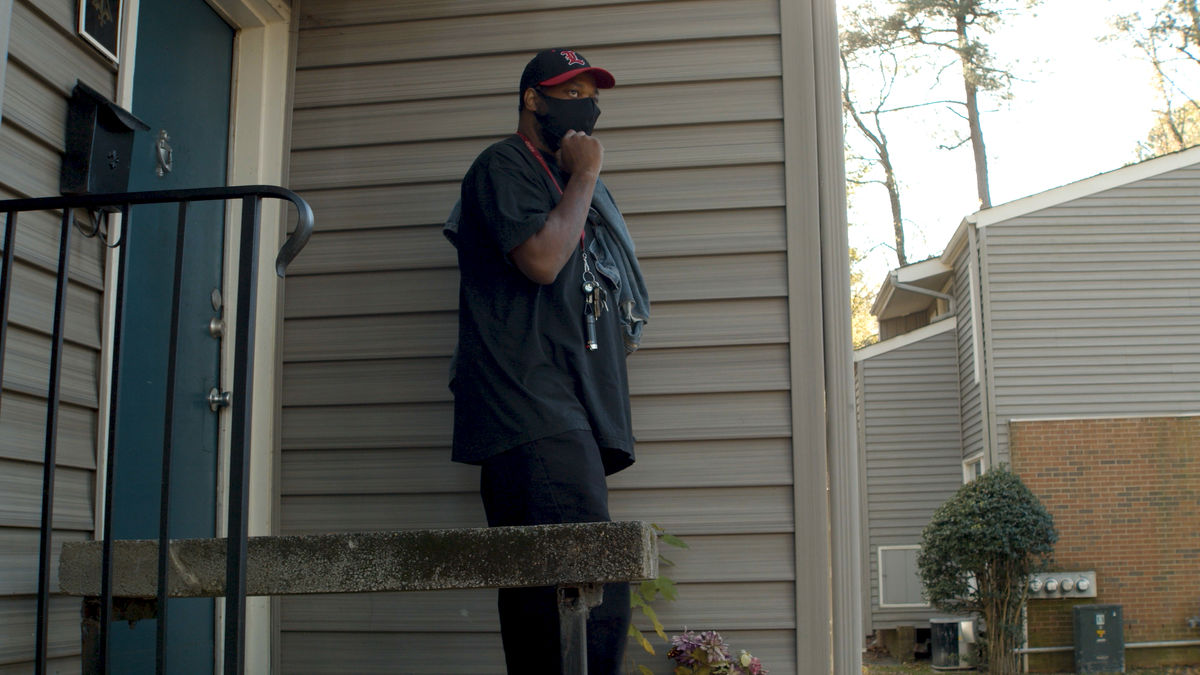
Burden of Richmond Evictions Weighs Heaviest in Black Neighborhoods

We’re Catching More Diseases From Wild Animals, and It’s Our Fault.

How Decades of Housing Discrimination Hurts Fresno in the Pandemic

Trump and Biden Both Want to Repeal Section 230. Would That Wreck the Internet?
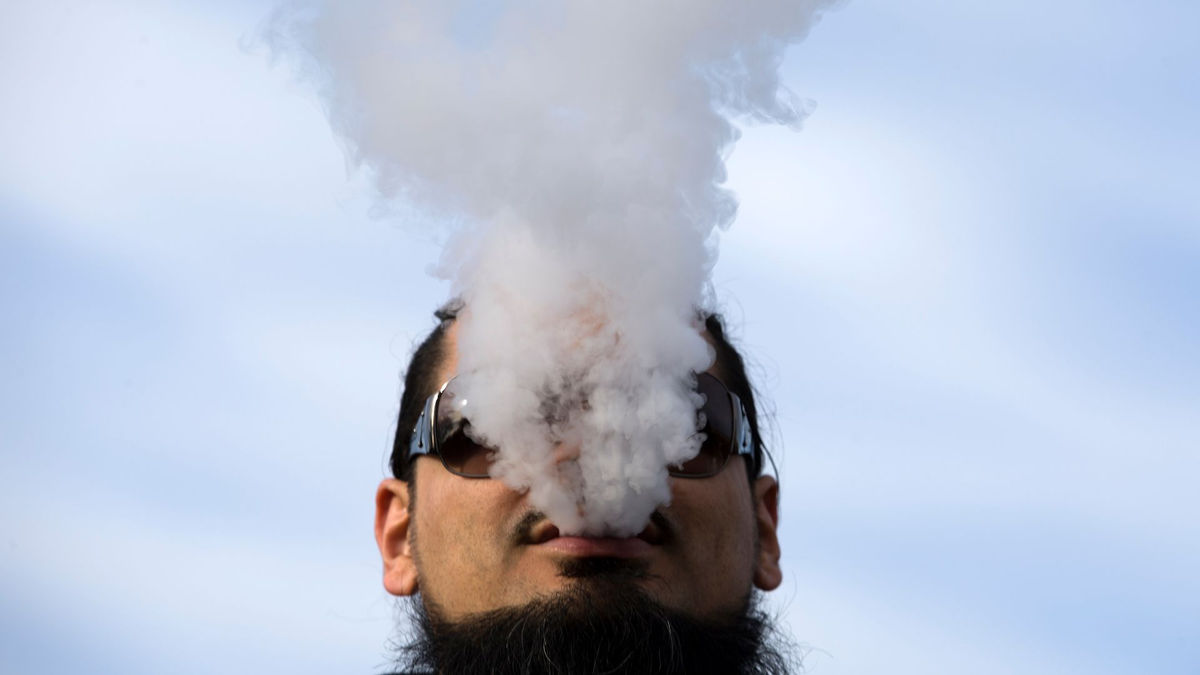
Health Risks of Vaping: Lessons From the Battle With Big Tobacco

New York Tenants Are Organizing Against Evictions, as They Did in the Great Depression

How to Fact-Check History

Poll Watchers and the Long History of Voter Intimidation

Bush v. Gore: How a Recount Dispute Affects Voting Today

Enemies of the People: Trump and the Political Press

Tenants Facing Eviction Over Covid-19 Look to a 1970s Solution

Political Debates: What the Unforgettable Moments Reveal

Working Sick During Covid: What We Learned from Swine Flu

The Domestic Violence Case That Turned Outrage Into Action

How Black Women Fought Racism and Sexism for the Right to Vote

What the Bungled Response to HIV Can Teach Us About Coping With Epidemics

Racial Inequality Was Tearing the U.S. Apart, a 1968 Report Warned. It Was Ignored.
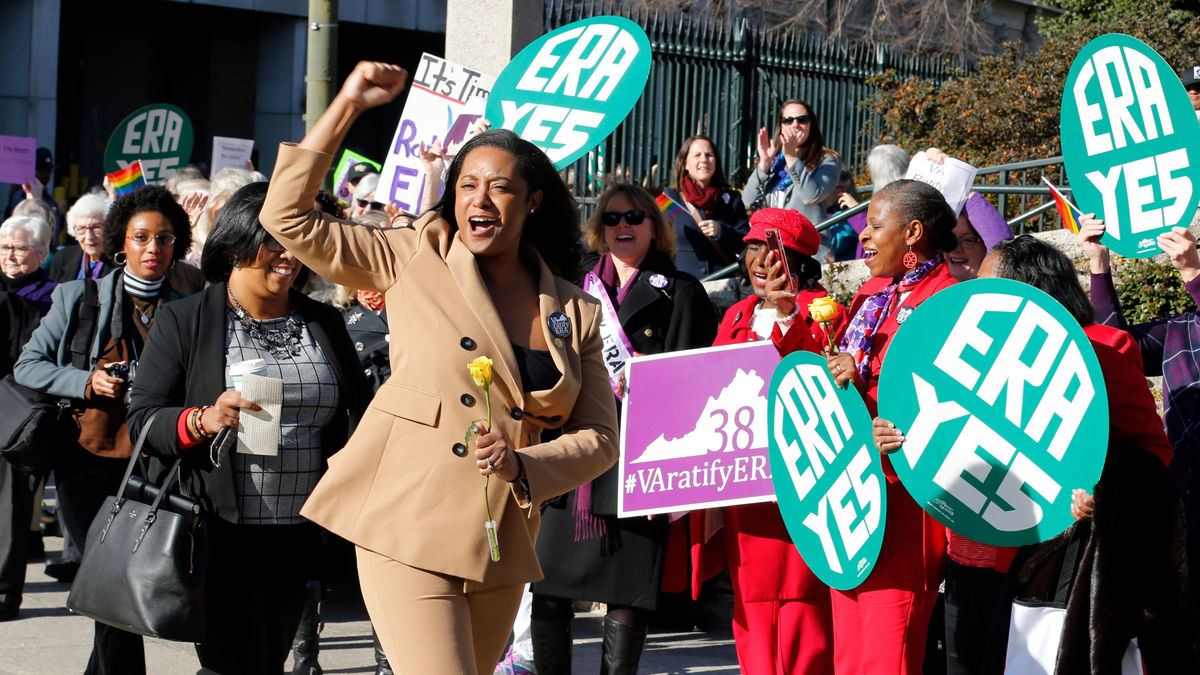
From Women’s Suffrage to the ERA, a Century-Long Push for Equality

Why History Urges Caution on Immunity Testing

American Samoa Dodged a Pandemic in 1918. Here’s What We Learned.

Coronavirus Has a Playlist. Songs About Disease Go Way Back.

Coronavirus Reignites a Fight Over Rights of Detained Migrant Children

Coronavirus, Smoking, Vaping: Studies From the Past That Alarm Scientists

Xenophobia in the Age of COVID-19

Coronavirus: Lessons From Past Epidemics

How Biden vs. Sanders Echoes a 1964 Republican Party Split

Our Appetite for Beef Is Growing. So Are Climate Worries.

Meatless Burgers Are on Trend. Eating to Save the World Has a Long History.

Coronavirus Quarantine: Are There Lessons From A Nurse Who Challenged One For Ebola?

How Oscar Speeches Became So Political

The Rise of Political Memes

Impeached: How Presidents Handled it — Trump vs. Clinton.

Google Workers Walked Out Over Harassment. A Year Later, What’s Changed?

“No” on Impeachment Unites Today’s GOP. In the 1950s, a Renegade Dared to Break Ranks

Boxers Confront Brain Injuries, Their Most Challenging Foe

Do Whistleblower Protections Work? Ask This One.

Can Driverless Cars Predict How Pedestrians Will Behave?

From Napster to Netflix: The History and Impact of Streaming Services

Combating the Myth of the Superpredator

Teaching Teens About Sex: The Decades-Old Debate over Abstinence-Only

AIDS: From Ryan White to Today’s Silent Epidemic

Lessons From the Challenger Tragedy

Send In the Special Ops Forces

The Misunderstood McDonald’s Hot Coffee Lawsuit

Population Bomb: The Overpopulation Theory That Fell Flat
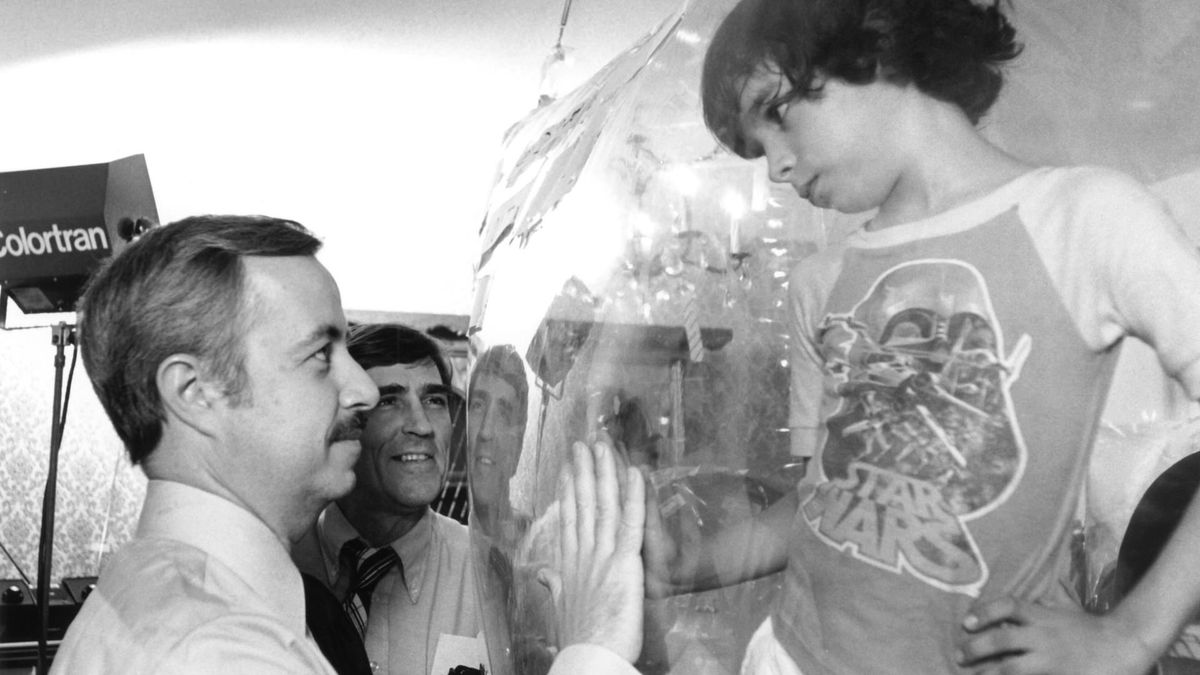
The Surprising Legacy of the Boy in the Bubble

Could We Geo-engineer Ourselves Out of Climate Change?

Lingering Peril From Lead Paint
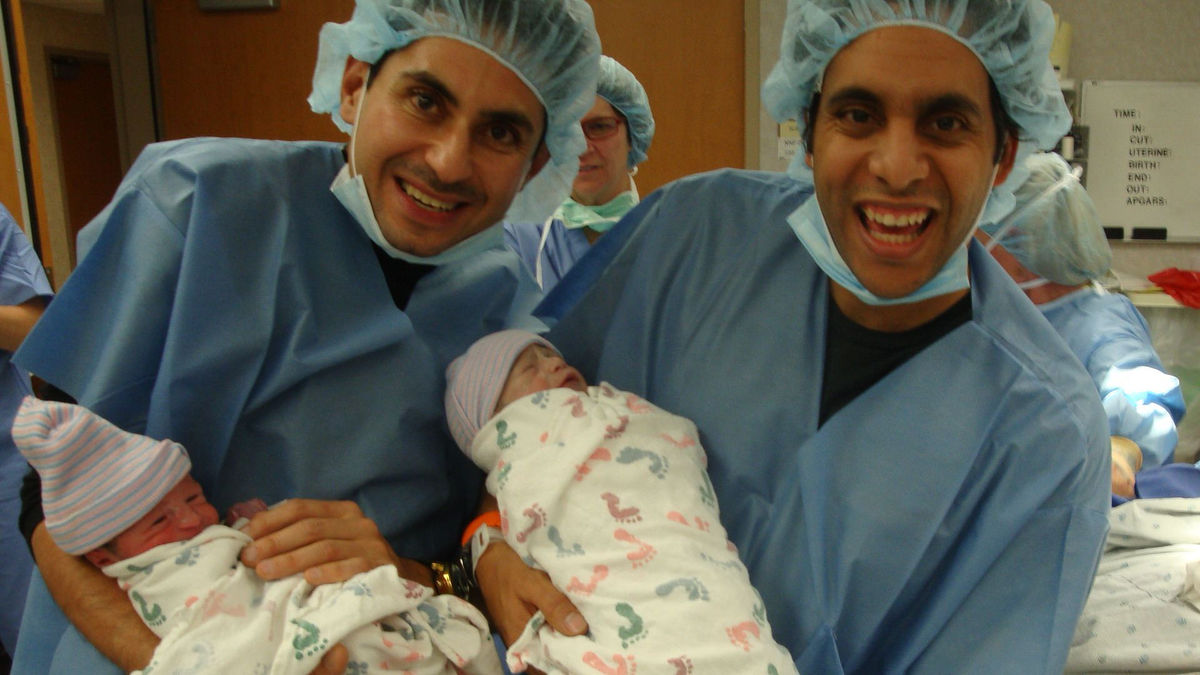
Born by Surrogate: New Paths to Parenthood
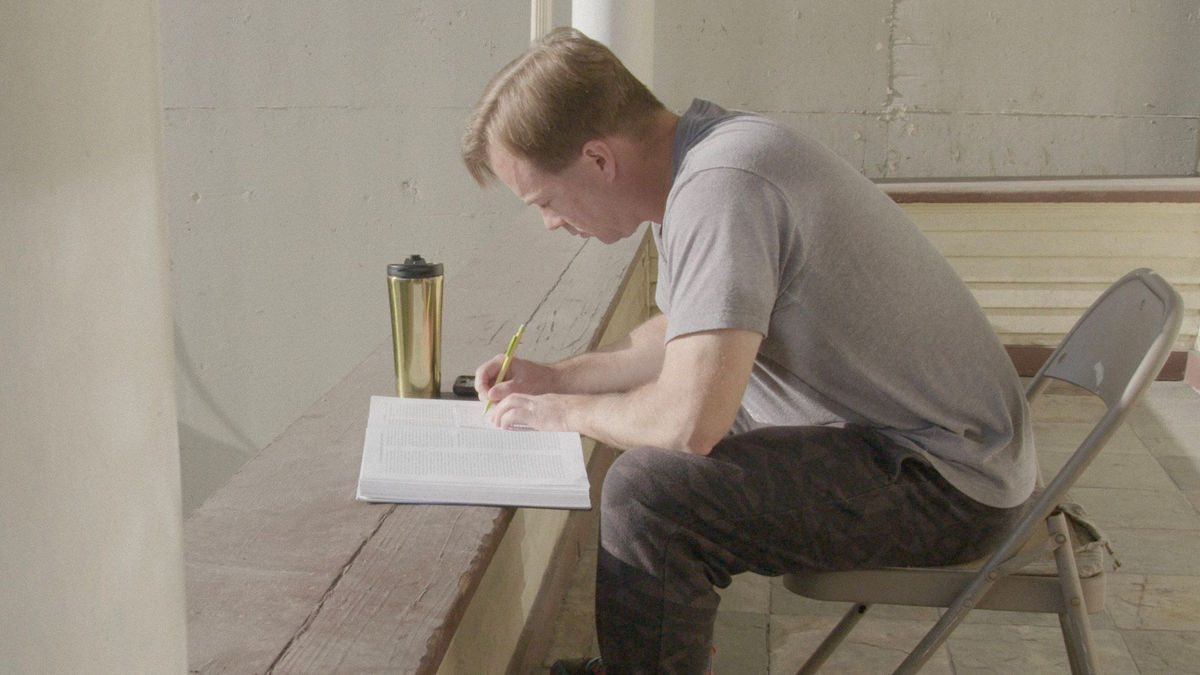
Could a Simple Intervention Fight a Suicide Crisis?

Horses: Wild, But Not Free

The Birth of Free Agency

How Fear of the Measles Vaccine Took Hold

A Barge Full of Garbage Helped to Fuel a Recycling Movement

LSD Gets Another Look

She Rocked the Pentagon

The Modern Bystander Effect

DNA Clues Solve Crimes . . . With a Privacy Cost

Thalidomide: Return of an Infamous Pill

Are Robots Really Taking Over?
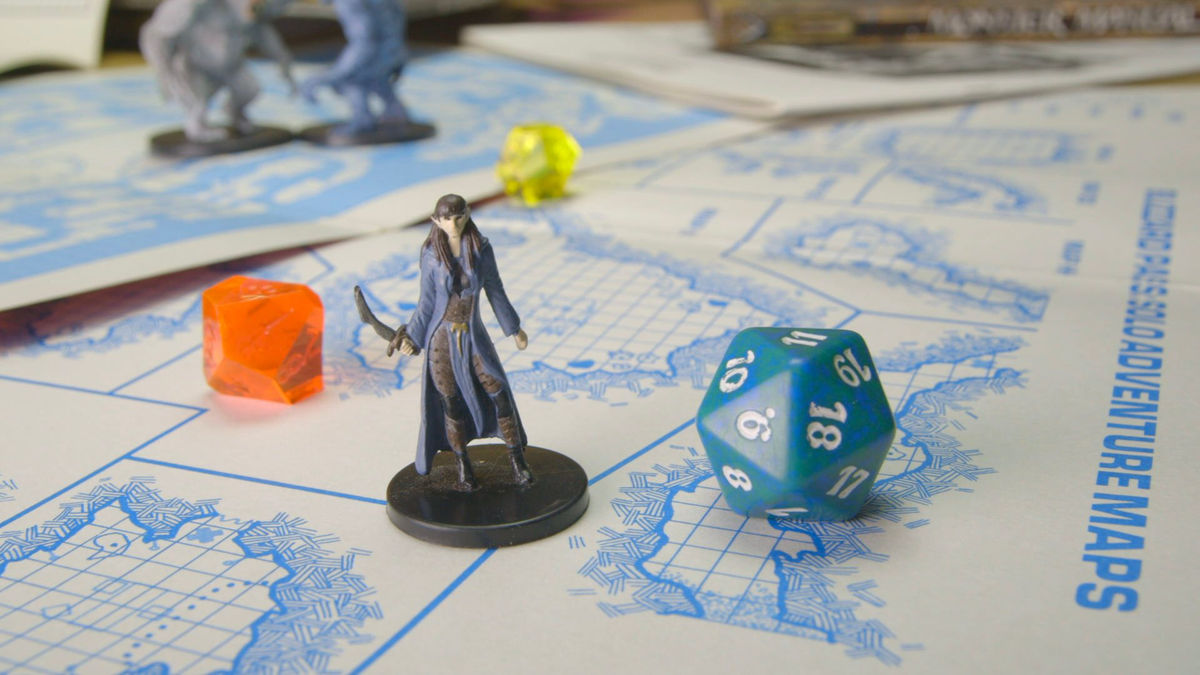
Tabletop to Tablet: Using Dungeons & Dragons to Combat Screen Addiction
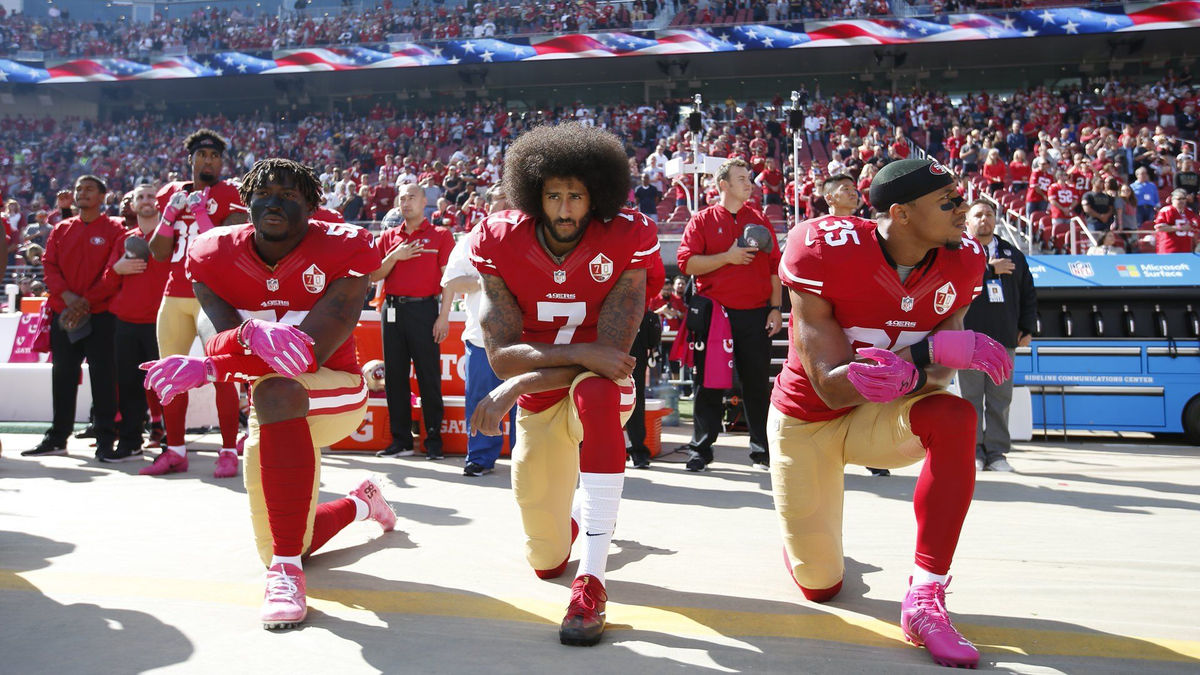
Athletes vs. Injustice: Protests in Sports

Online All the Time? Researchers Predicted It.

Sexual Misconduct at Work, Again

This Snake Is Eating the Everglades

Israel Survived an Early Challenge With War Planes Smuggled by U.S. Vets
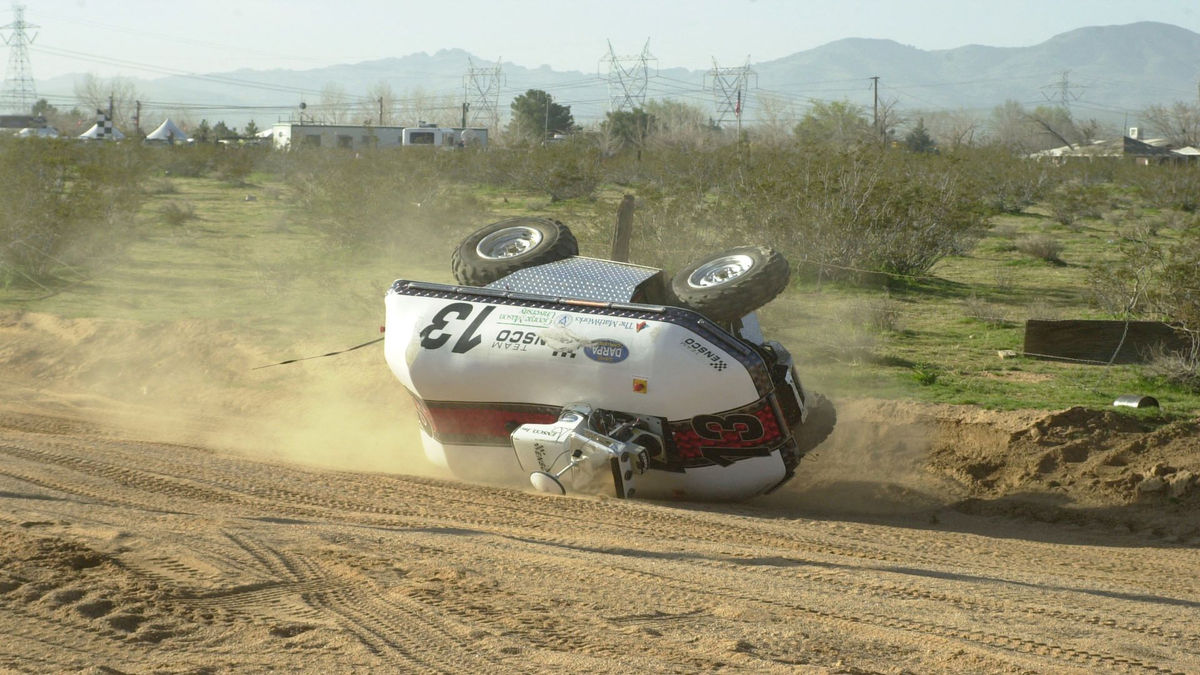
Can We Teach Cars to Drive? It’s an Uphill Challenge.

Chasing the Moon

The Moon’s Lasting Pull

Space Law: The Next Generation

Trump, Measles, and a Study That Fueled Fear
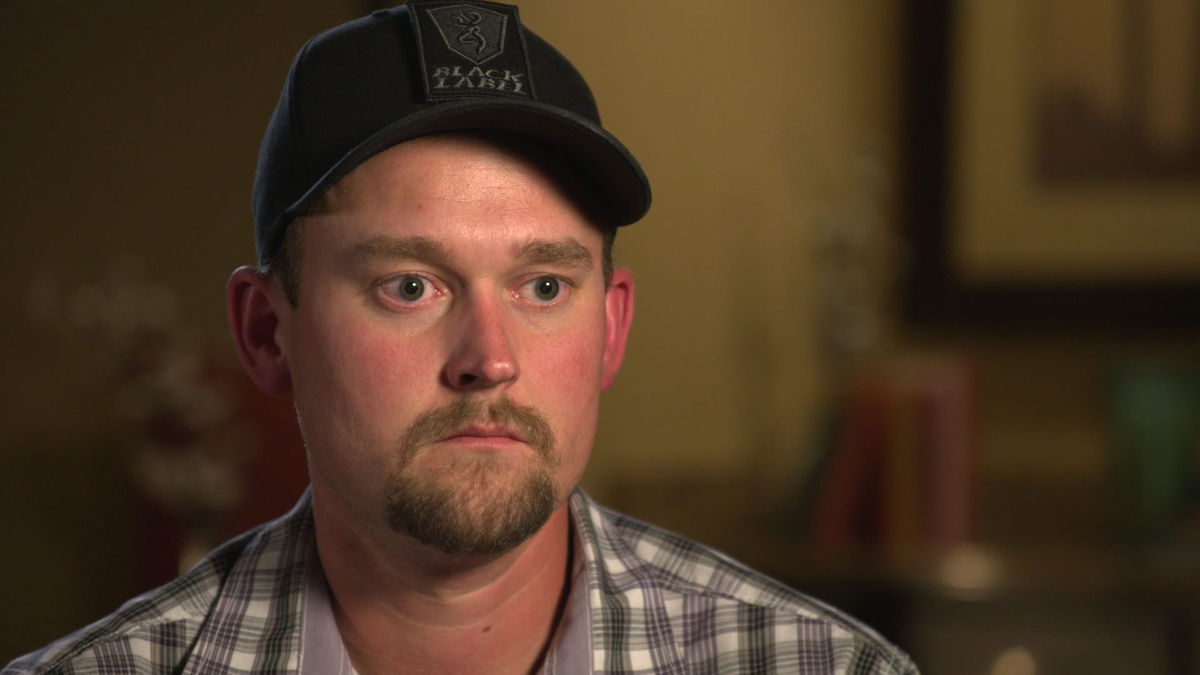
Life After Columbine

Columbine at 20: Media Attention and Copycat Killers

Future of Aging

Perp Walks: When Police Roll Out the Blue Carpet
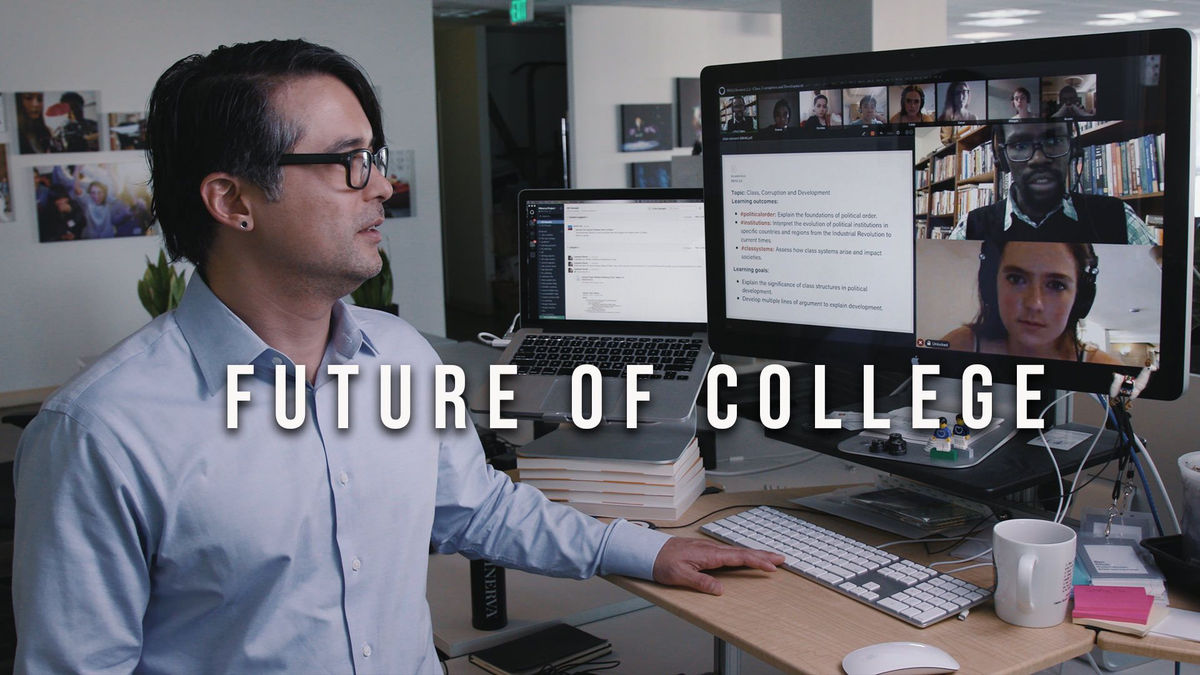
Future of College

How a Folk Singer’s Murder Forced Chile to Confront Its Past

Future of Water

Future of Gaming

How Segregation Influenced Evangelical Political Activism

The Roots of Evangelicals’ Political Fervor

How an Underground Abortion Network Got Started

Genetic Screening: Controlling Heredity

Abortion Was Illegal. This Secret Group Defied the Law

For Private Prisons, Detaining Immigrants Is Big Business

Operation Ceasefire: Inside a Community’s Radical Approach to Gang Violence
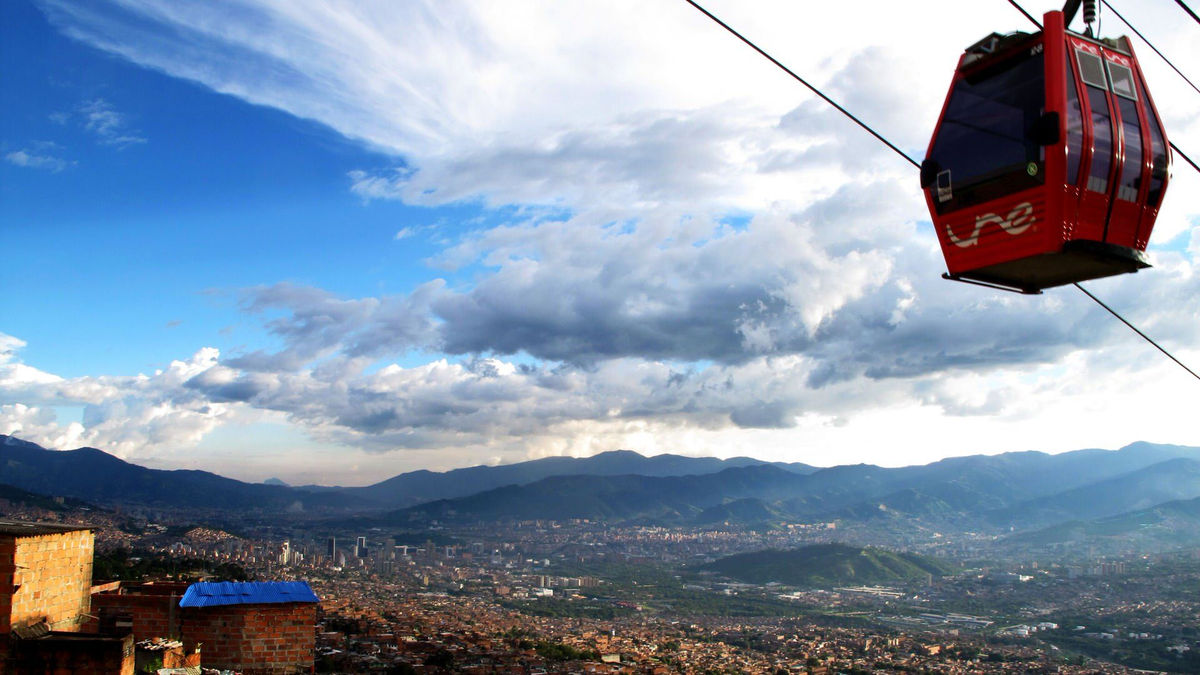
Future of Cities

Anita Hill Testified in 1991. But How Much Has Changed?

A Trusted Pill Turned Deadly. How Tylenol Made a Comeback

Biosphere 2: A Faulty Mars Survival Test Gets a Second Act

From Y2K to 2038, Lessons Learned from First Computer Crisis

Trump Administration Sued for Torpedoing Enforcement of Landmark Housing Law

Blazes That Damaged Yellowstone Changed Wildfire Strategy

Surviving Heroin
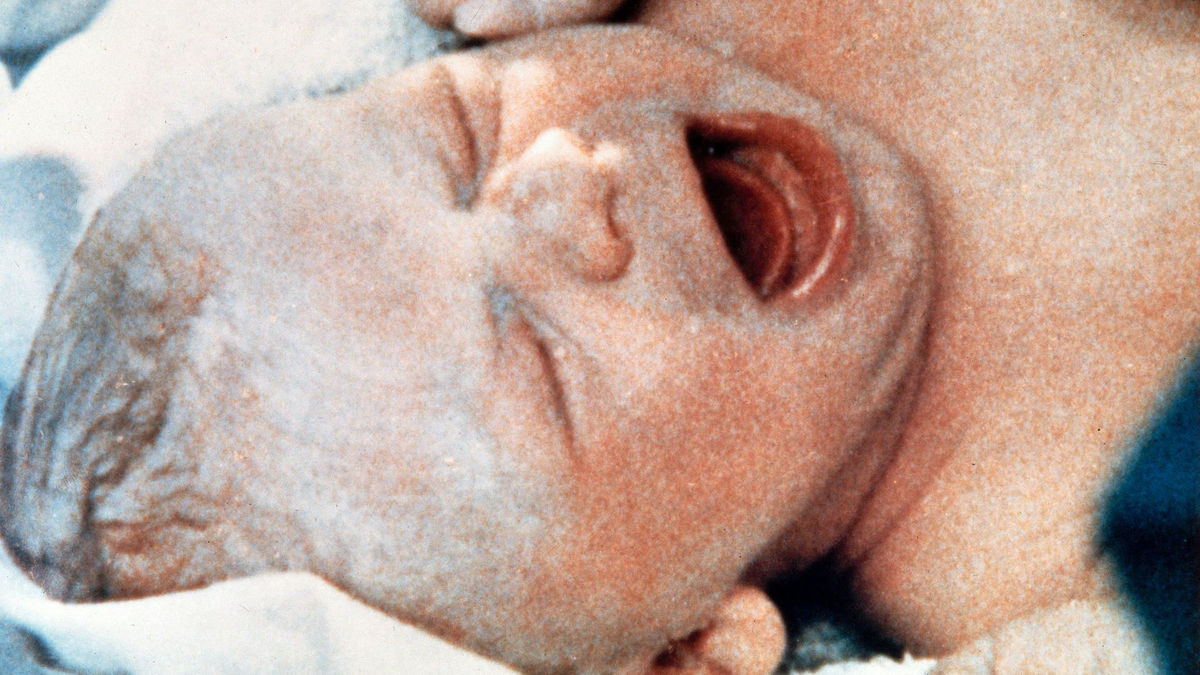
Where the Debate Over “Designer Babies” Began

Life as the World’s First Test Tube Baby

She Derailed the Fight for Equal Rights for Women

Why We Can’t Have a Civil Conversation About Guns
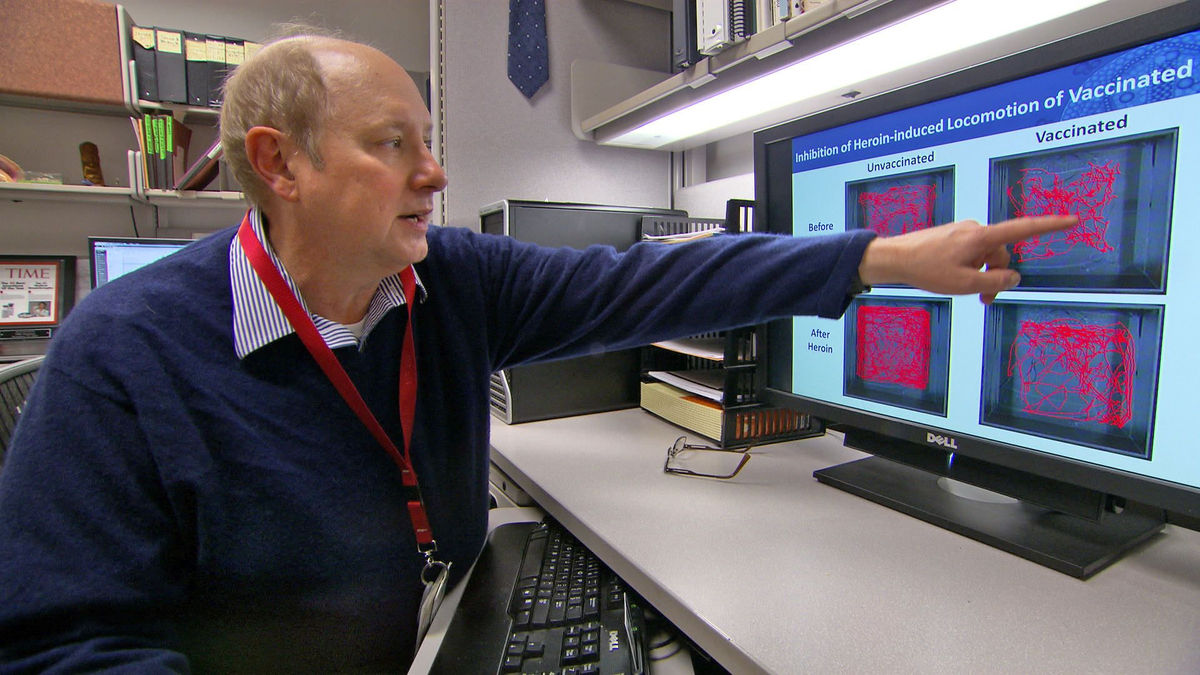
Old Attitudes on Addiction Are Changing. So Are Treatments.

Selling the Code: Can Genetic Testing Services Really Predict Your Future?

The Code

Fixing the Code: Genetically Engineering Your DNA to Cure Disease

The NFL Draft 20 Years After Manning-Leaf: How Teams Try to Pick a Winner

Finding the Code: The Race to Sequence the Human Genome and What It Means
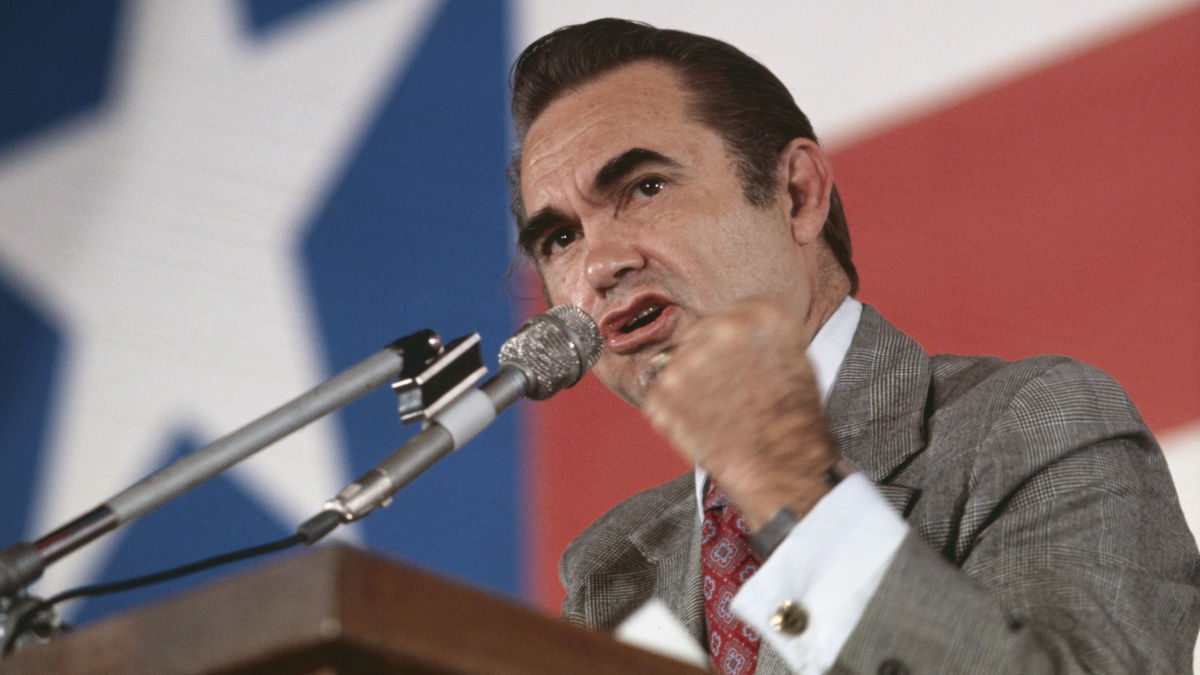
Us vs. Them: From George Wallace to Donald Trump

Crumbling Bridges: US Infrastructure 10 Years After Minneapolis

The Rise of SWAT: How Cops Became Soldiers

Anorexia and Suicide: A Mother’s Fight for Change

Louis Armstrong And The Black Celebrity’s Dilemma

Isolated Tribes

What Jesse Owens’s Story Tells Us About Sports and Politics

What History Can Teach Us About Mass Killings

Myths and Misperceptions about Eating Disorders

Raising Doubts About Evolution… in Science Class

How ISIS Resembles the Doomsday Cults of the 1970s

Future of Work

Future of Money

What Happens Next

Future of Home

Future of Fact

Future of Food

‘Why Hasn’t Sexual Harassment Disappeared?’

Reproductive Rights and the Women Who Sparked a Movement

Trump’s Medicaid Positioning Echoes the Controversial Welfare Reform of the 90s

Photo Essay: Polio – An Elusive Finish Line

Conspiracy Theories and Fake News from JFK to Pizzagate

The Back Story on Bad Forensic Science

Mr. Pilates

Lobotomy: A Dangerous Fad’s Lingering Effects on Mental Illness Treatment

Suing the President: The Students Who Challenged the Travel Ban

Sanctuary Cities: An Uproar That Began Long Ago

Forever Prison

Rachel Carson’s Warning on D.D.T. Ignited an Environmental Movement
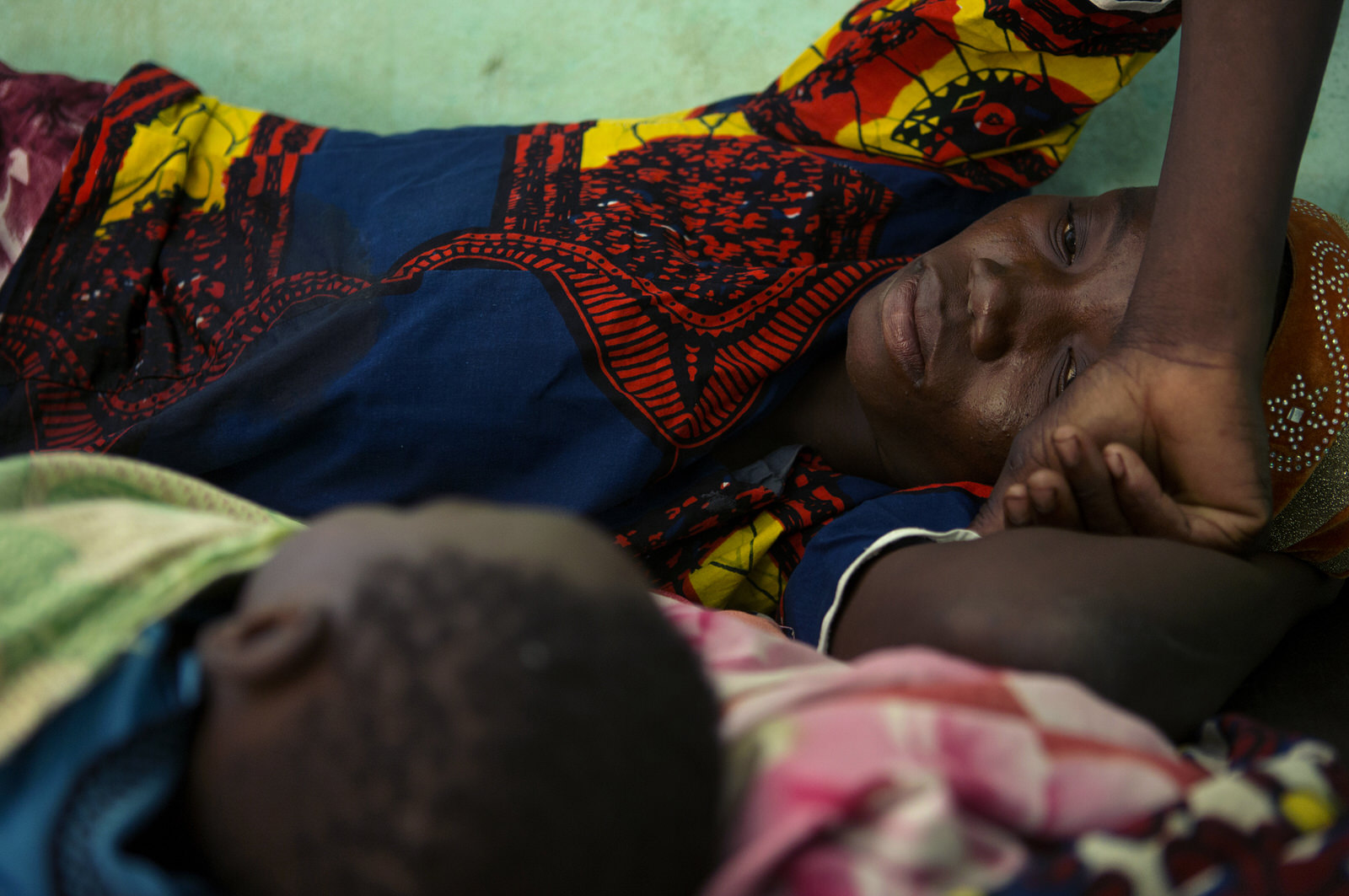
Photo Essay: The Malaria Warriors

Freeman Dyson

Signal Repair

Could You Patent the Sun?

Activating a Generation: From Live Aid to the Ice Bucket Challenge

Princess Diana Brought Attention to Land Mines, but Their Danger Lingers

Nikola Tesla Was a Hundred Years Ahead of His Time
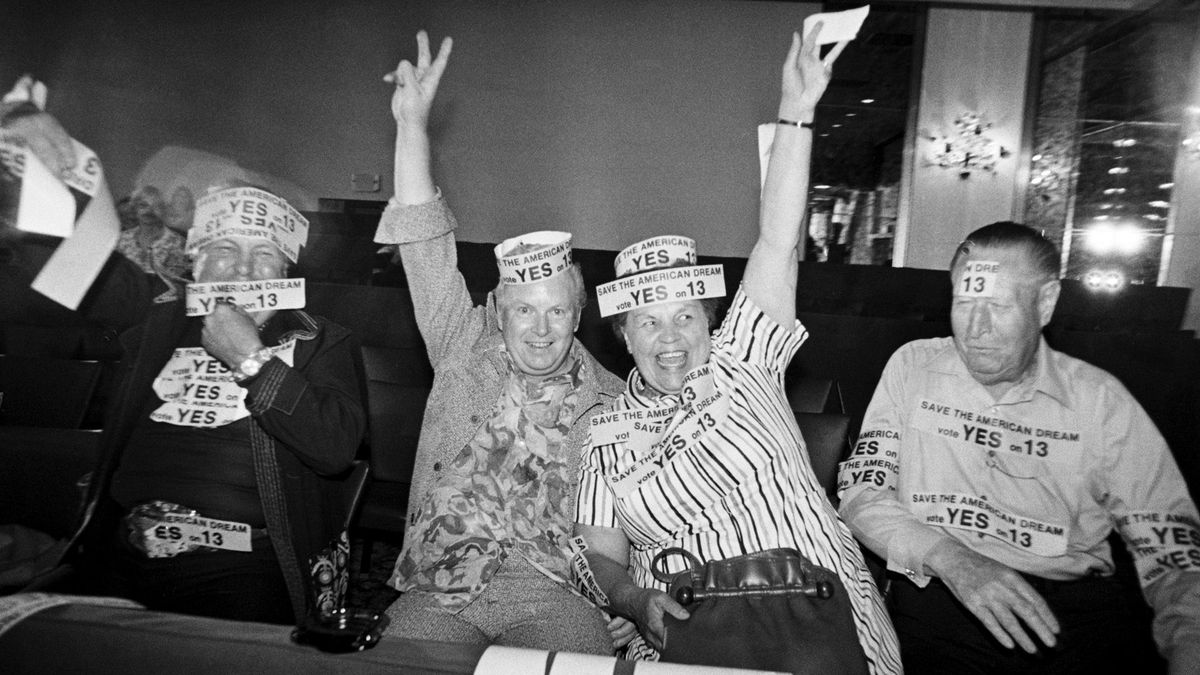
The Populist Politician and California’s Property Tax Revolt

How Zero Tolerance Blurred the Lines Between Schools and Criminal Justice

Fair Housing

Life After Welfare

Upheaval at the 1860 Democratic Convention: What Happened When a Party Split

Lessons from the 2004 Democratic Convention: Obama’s Speech
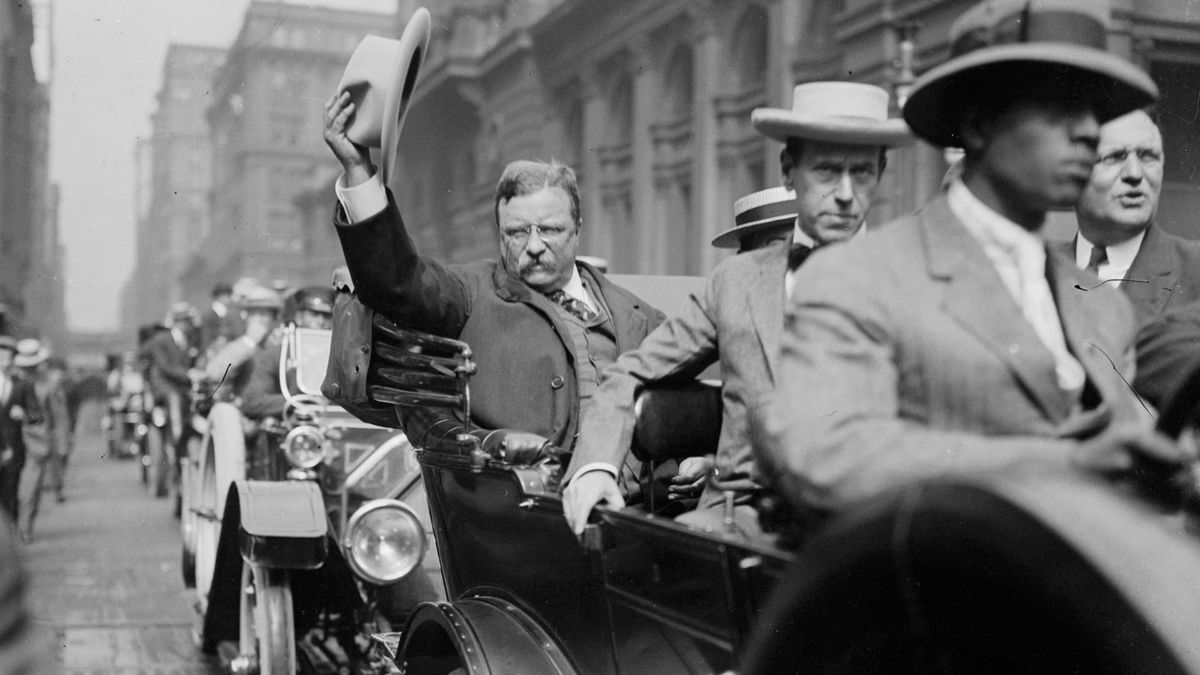
Lessons from the 1912 Republican Convention: Birth of the Modern Primary

Lessons from the 1968 Democratic Convention: Under the Shadow of Protests
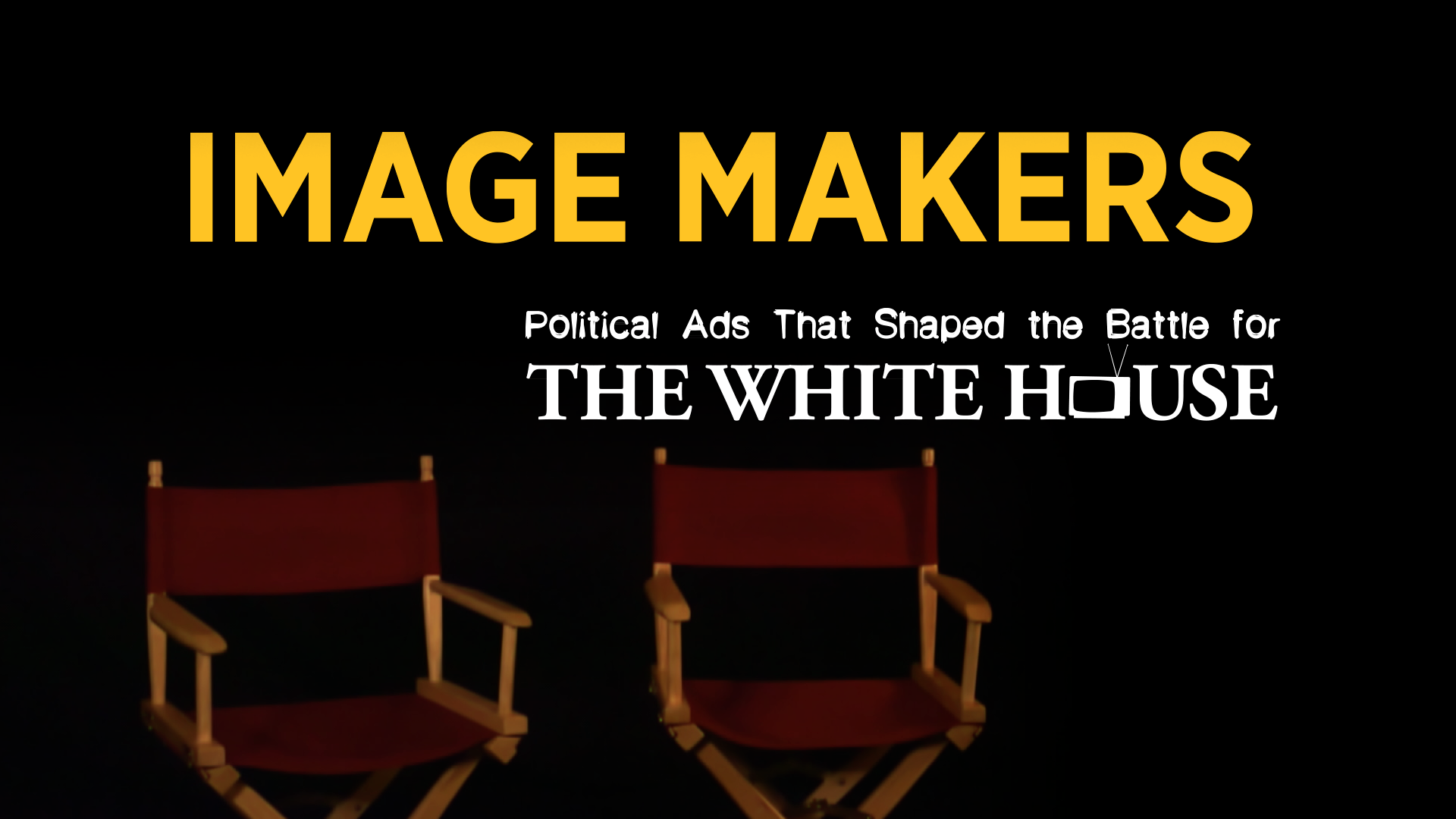
Image Makers

Smoking Man: Political Ads That Shaped the Battle for the White House

The Rock: Political Ads That Shaped the Battle for the White House

Willie Horton: Political Ads That Shaped the Battle for the White House

Morning in America: Political Ads That Shaped the Battle for the White House

It’s 3:00 a.m.: Political Ads That Shaped the Battle for the White House

Daisy: Political Ads That Shaped the Battle for the White House

The Mommy Wars

The Outrage Machine

Atomic Vets
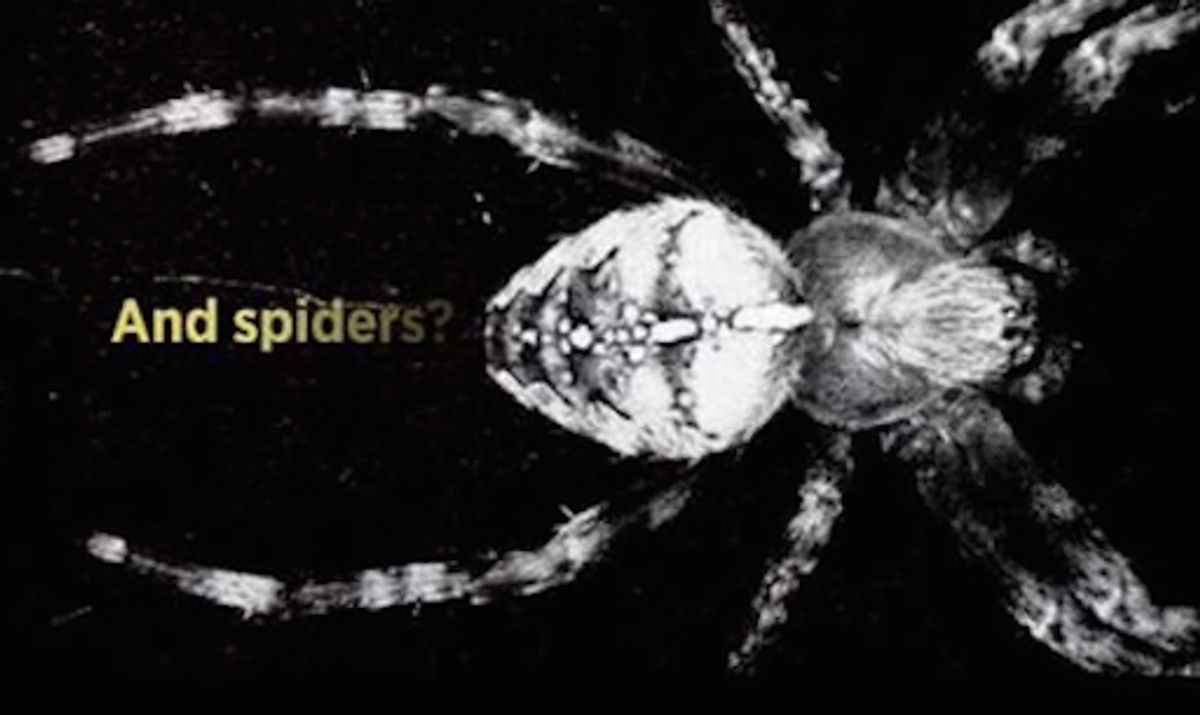
LSD and Cats

Photo Essay: Life After Welfare

Welfare and the Politics of Poverty

Growing up Gygax – The Son of D&D’s Creator

Junot Díaz and the D&D Revolution

Remembering Kitty

A Change of Heart

Teaching Robots to do Easy Stuff is Still Hard

Machine trains self to beat humans at world’s hardest game

Hillary Clinton and the Superpredator

Runaway Plane
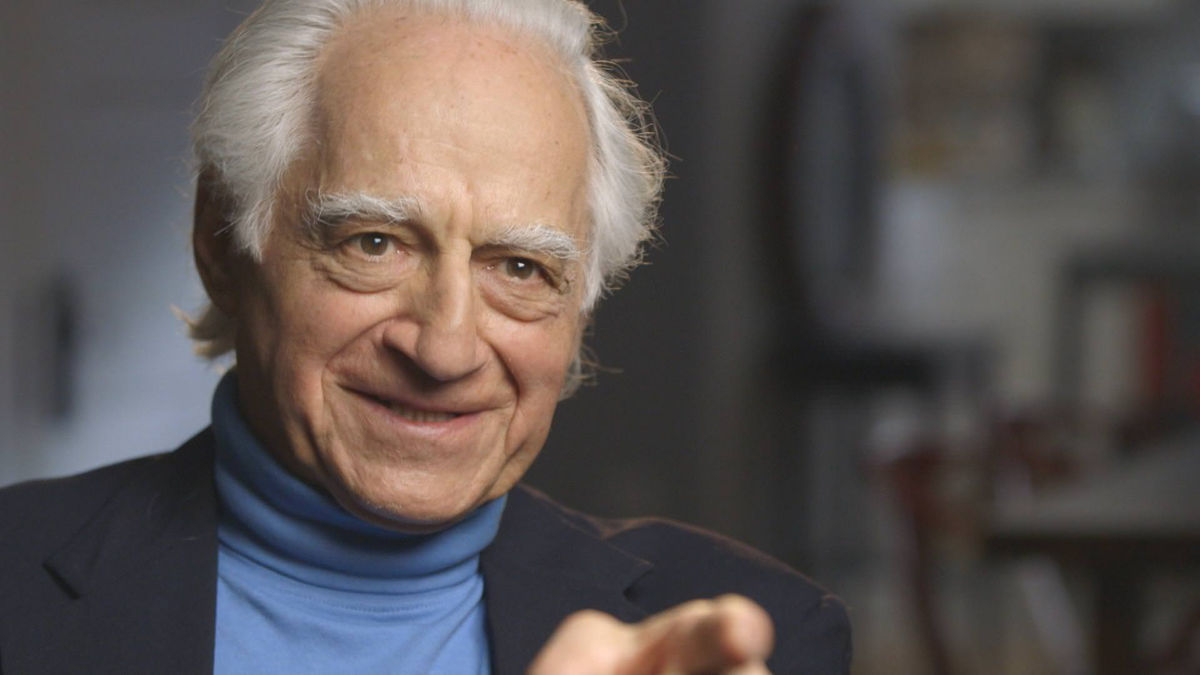
When Dreams Fly

What Is a Healthy Diet? The Answers Are Unsatisfying

Is the Key to Obesity All in Your Gut?
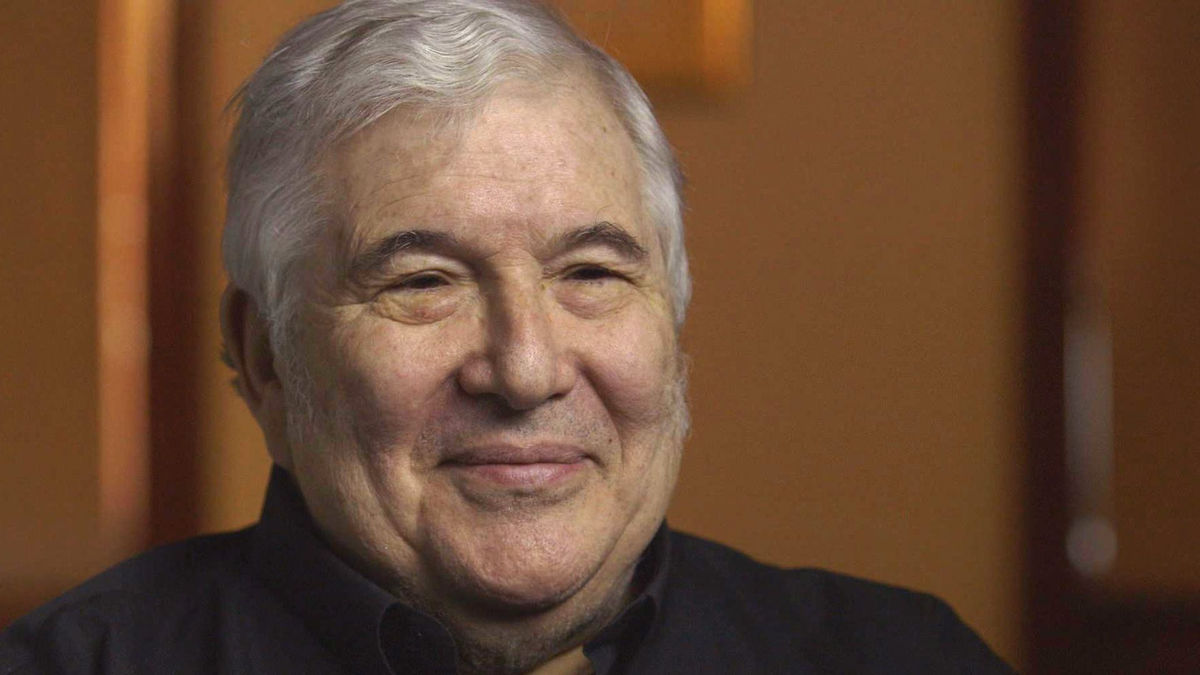
Bliss Point: How Food Companies Make Us Crave Their Products

The Unexpected Science of Exercise

Being in the Bubble

Photo Essay: Surviving Heroin
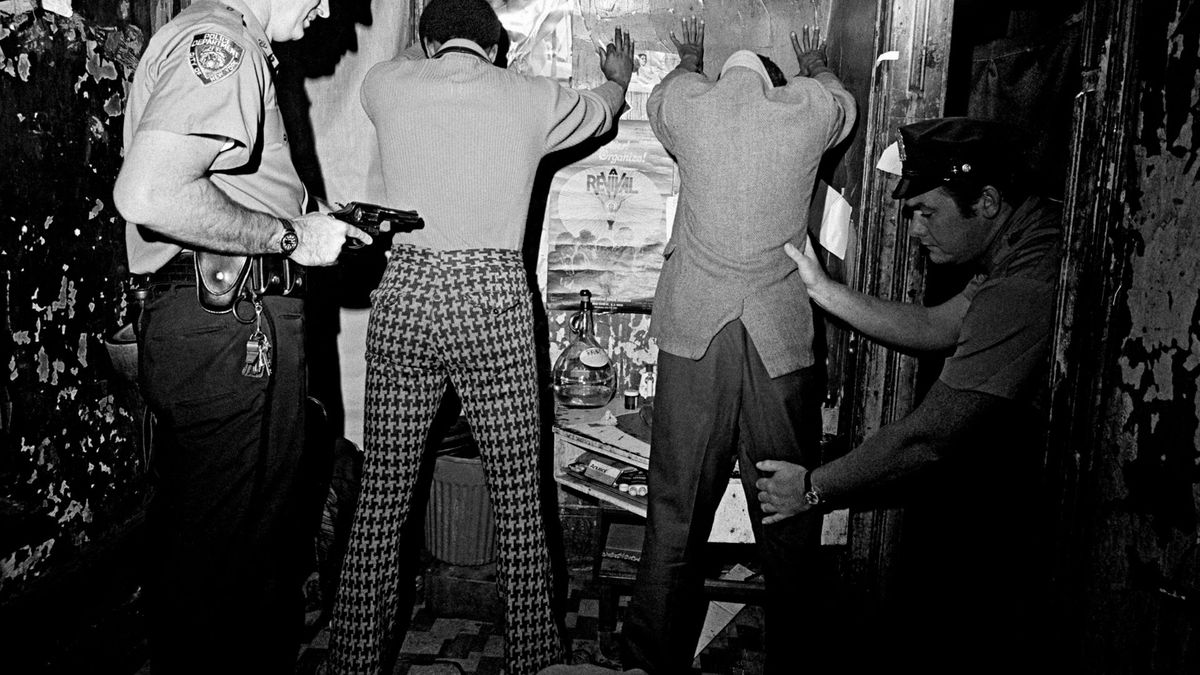
How Heroin Addiction’s Rural Spread Changed the War on Drugs

Leaving NFL Over CTE Concerns Made Chris Borland Football’s Most Dangerous Man

When Politicians Blame Bad Behavior on Pop Culture

Why Pinball Was Banned for Decades

Legendary Cartoonist Al Jaffee Recalls Comic Book Censorship

Sisters Search for Lost Brother Separated by Argentine Dictatorship

Argentina’s Stolen Babies, and the Grandmothers Leading the Search

Separated from Parents as a Child, Argentine Man Finds his Family

Lessons from Columbine About School Shootings and Media Misinformation

The Nanny Murder Case: Shaken Baby Syndrome on Trial

The Lawyer

The Doctor who Identified Shaken Baby Syndrome

How a Standoff with the Black Panthers Fueled the Rise of SWAT

Photo Essay: Faces of Treatment

From Crack Babies to Oxytots: Lessons Not Learned

Why Waco is Still a Battleground in the 2nd Amendment Debate

Photo Essay: The Story of Sasha and Olympia

Photo Essay: A Journey through India – the Legacy of Population Fears

E. Coli Outbreaks Changed Food Production, But How Safe Are We?

Fire Safety and Chemicals in Our Clothing

He’s the only CIA Contractor to be Convicted in a Torture-related Case

A Right to Die?

How Geography Drove MLK’s Fight for a Ferry in Alabama
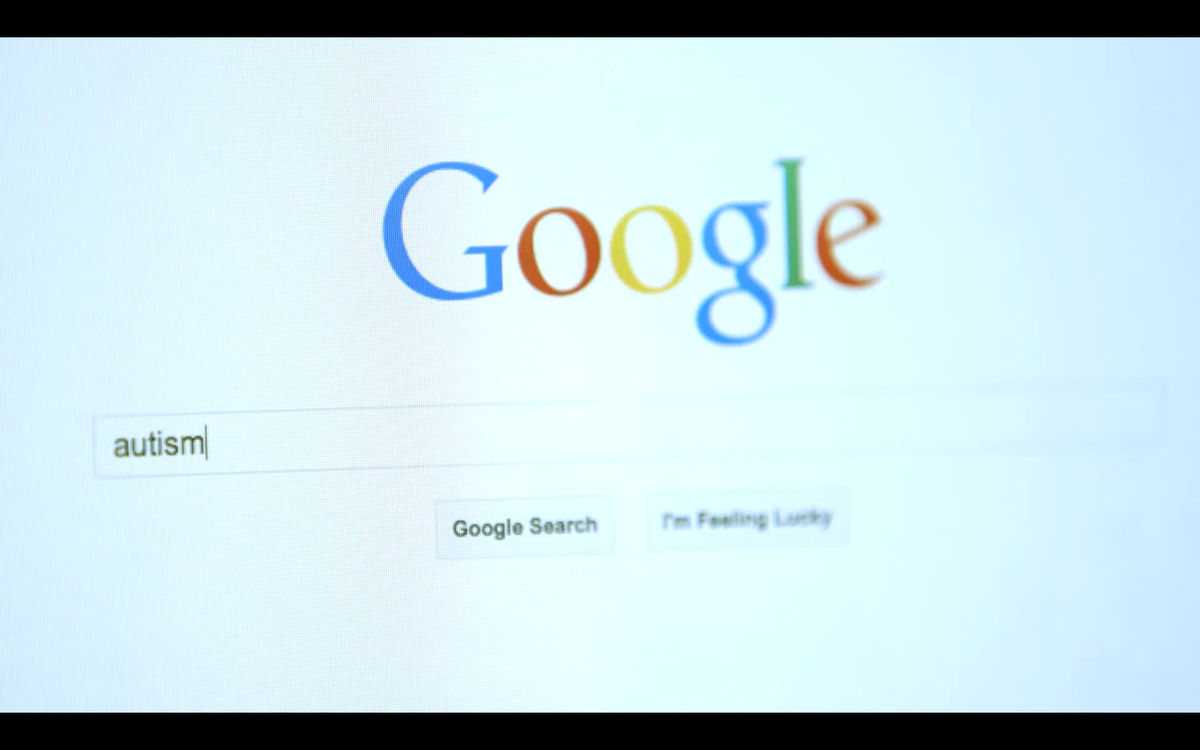
Searching for Better Answers
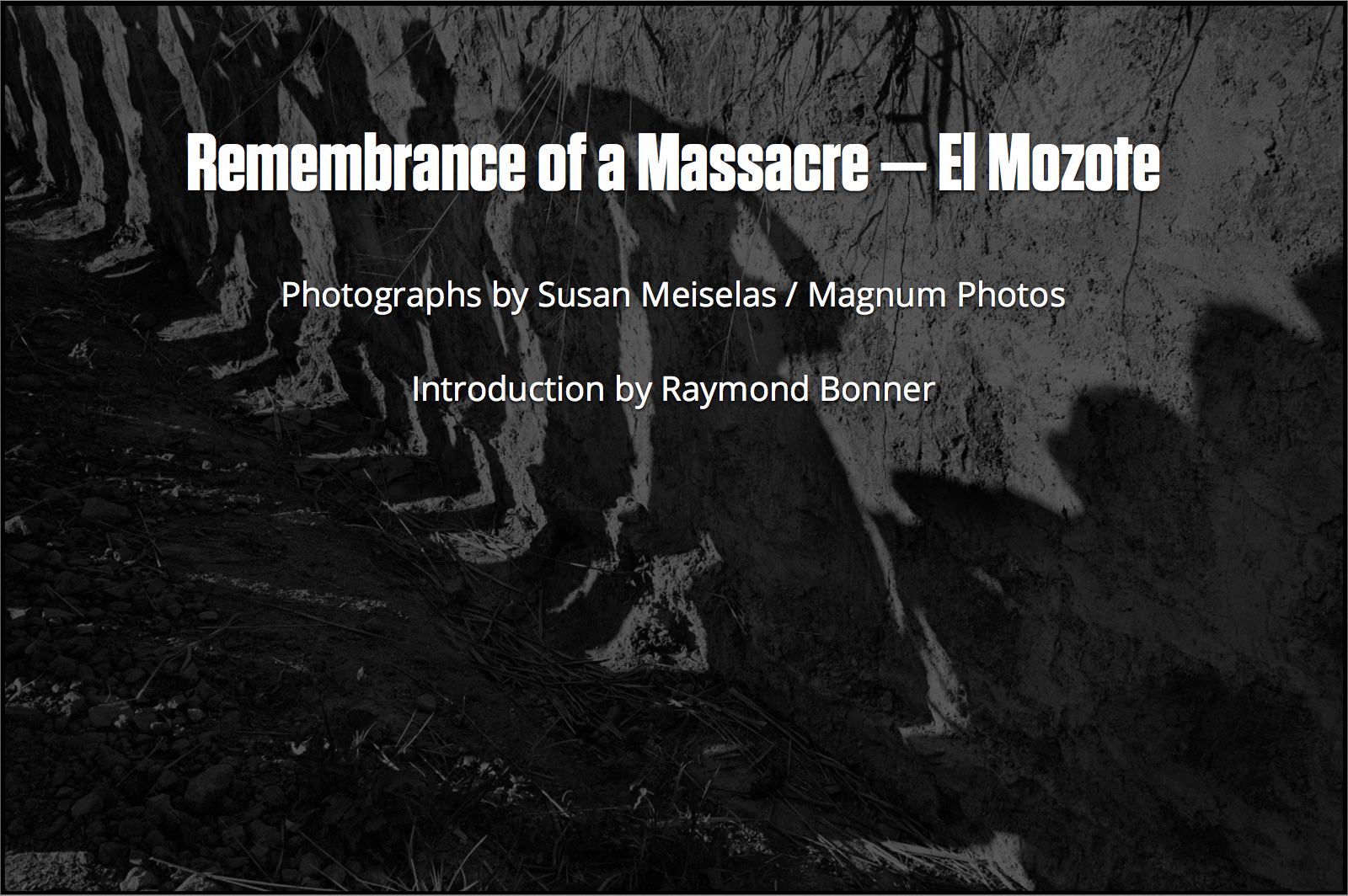
Photo Essay: Remembrance of a Massacre — El Mozote

Power Line Fears
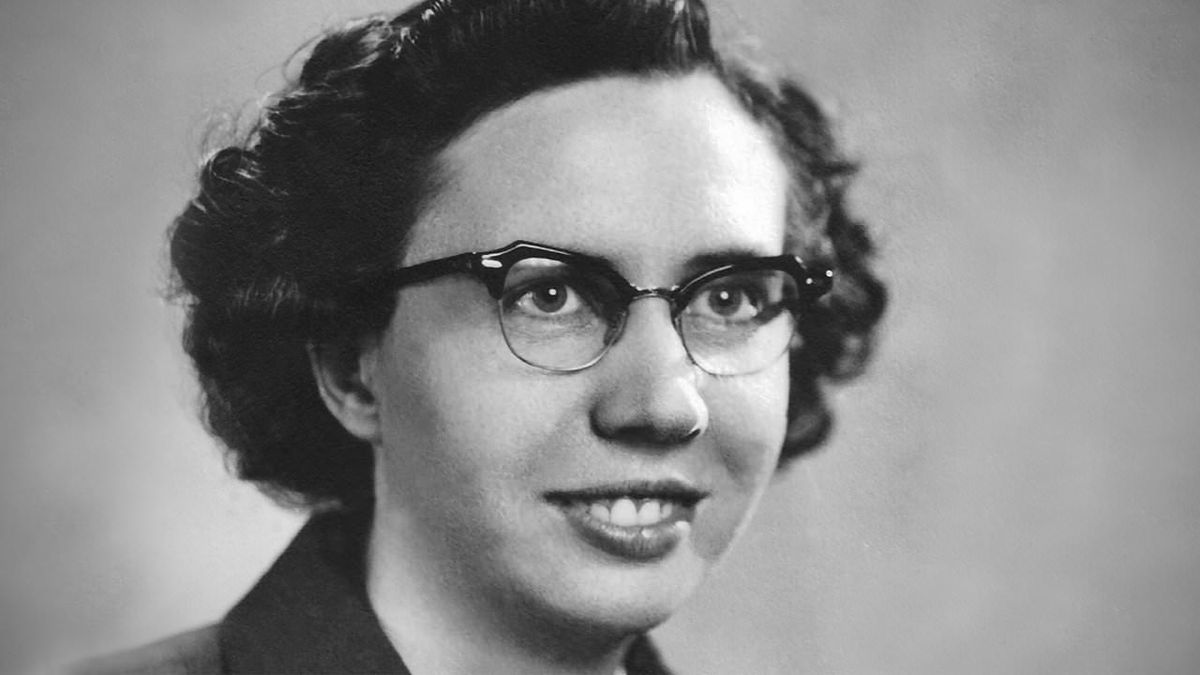
Is Multiple Personality Disorder Real? One Woman’s Story

A Mother, a Dingo and an Australian Media Frenzy
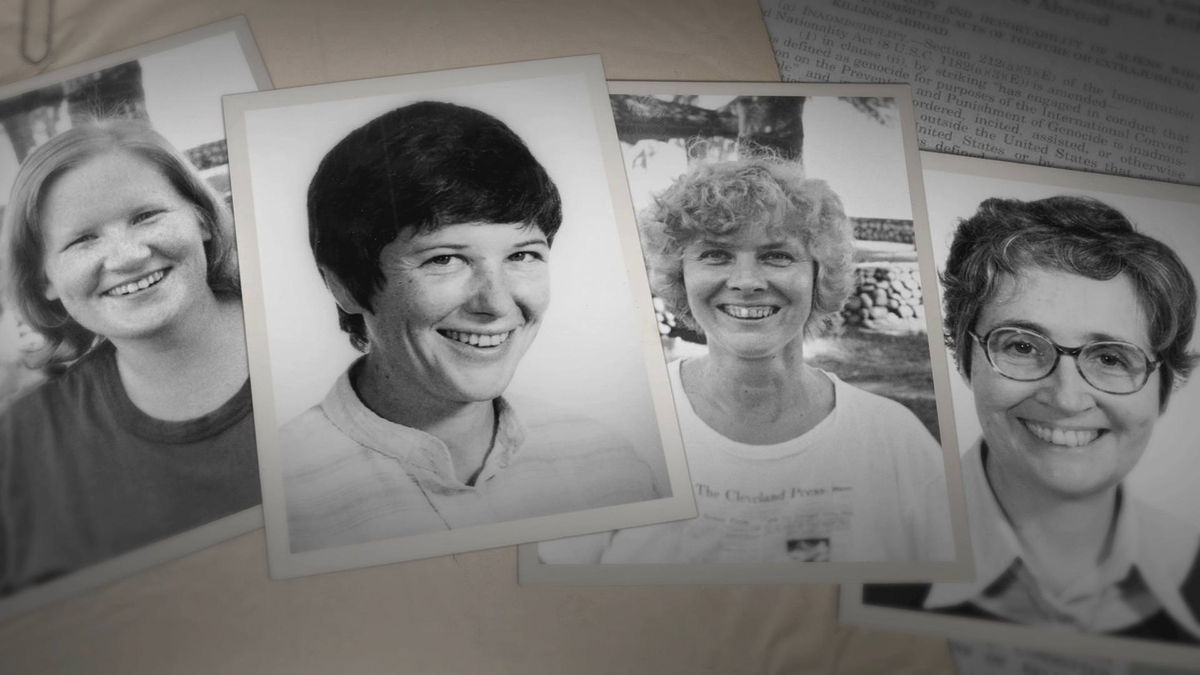
The Murder of US Churchwomen in El Salvador That Exposed a Government Coverup

Reintroducing Wolves to Yellowstone was a Success. That’s When Trouble Began.

How the Shootout at Ruby Ridge Resonates in the Gun Debate Today

How Prozac Turned Depression Medication into a Cultural Phenomenon

The Surprising Technological Revolution Launched by the Air Bag

Flawed Evidence: The Limits of Science in the Crime Lab

Agent Orange: Last Chapter of the Vietnam War

Her Vegetative State Caused Congress, President Bush and Even the Pope to Weigh In

Earthquake Readiness: How the San Franciso 1989 Quake Shook Awareness

Photo Essay: Lessons from the Nuclear Dream

The Shame of the Church

The Fly That Quarantined California and Pitted Environmentalists Against Farmers

The Preschool Sex Abuse Case that Changed How Molestation is Investigated

The Minneapolis Bridge Collapse that Sounded the Alarm on US Infrastructure

Stealing J. Edgar Hoover’s Secrets

Crime and Punishment: Three Strikes and You’re Out

Toxic Waste in the Neighborhood: The Love Canal Disaster
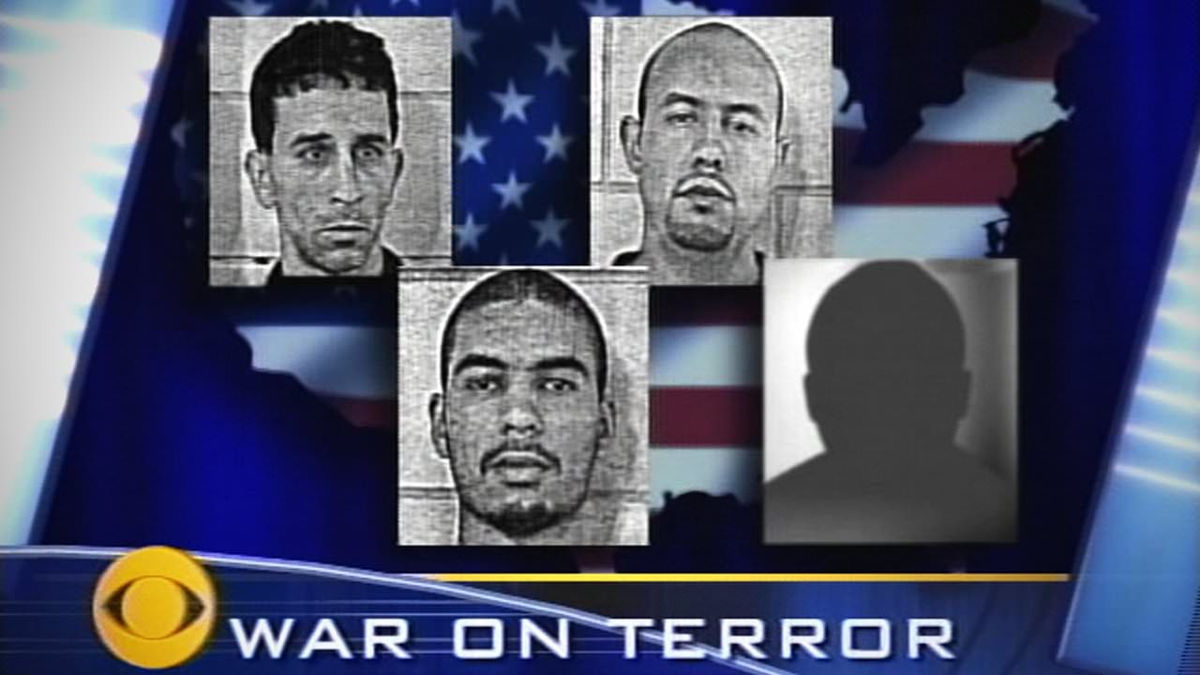
Wrongly Accused of Terrorism: The Sleeper Cell That Wasn’t

Blackout: Understanding the US Power Grid’s Vulnerability from the 2003 Failure

Nixon and the Long, Somewhat Successful, War on Cancer

Hurricane Katrina’s Aftermath and Lessons in Dealing with Disaster

How Cloning a Sheep Set Off a Sci Fi Panic

Richard Jewell: The Wrong Man

Walter Reed: The Battle for Recovery

Freeing Willy

GMO Food Fears and the First Test Tube Tomato

The Tawana Brawley Story

The Crack Baby Scare: From Faulty Science to Media Panic
